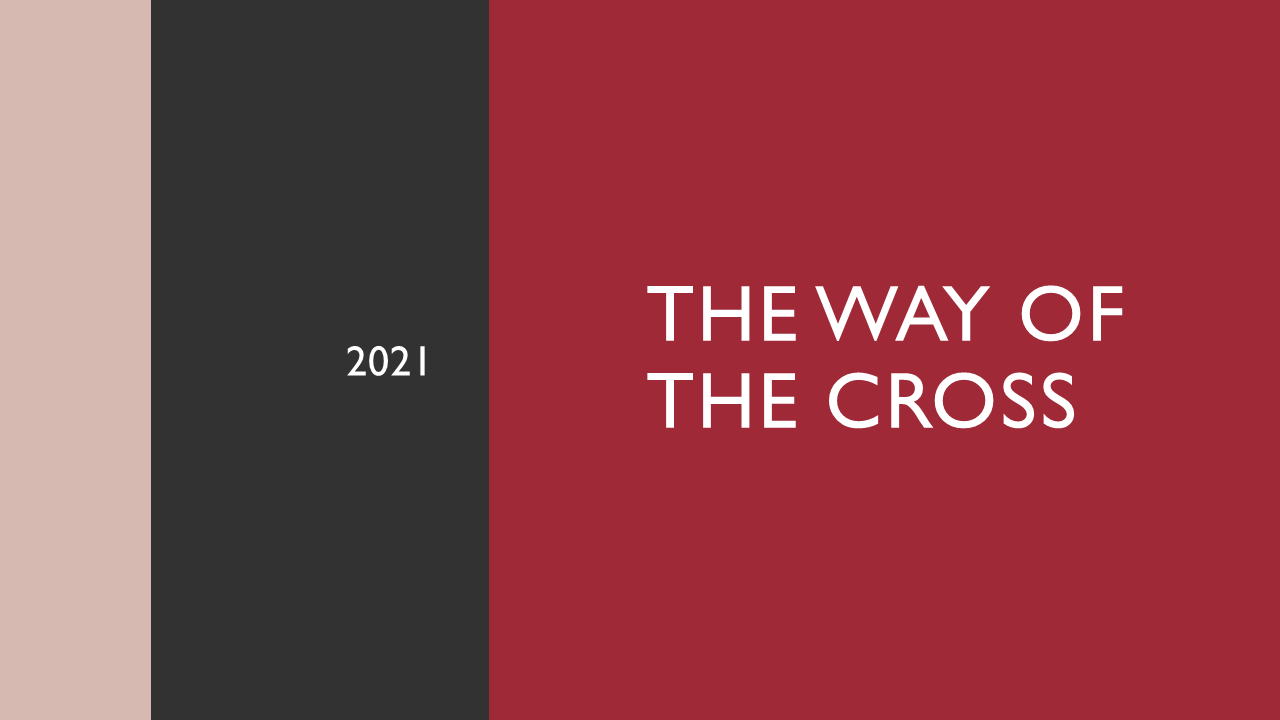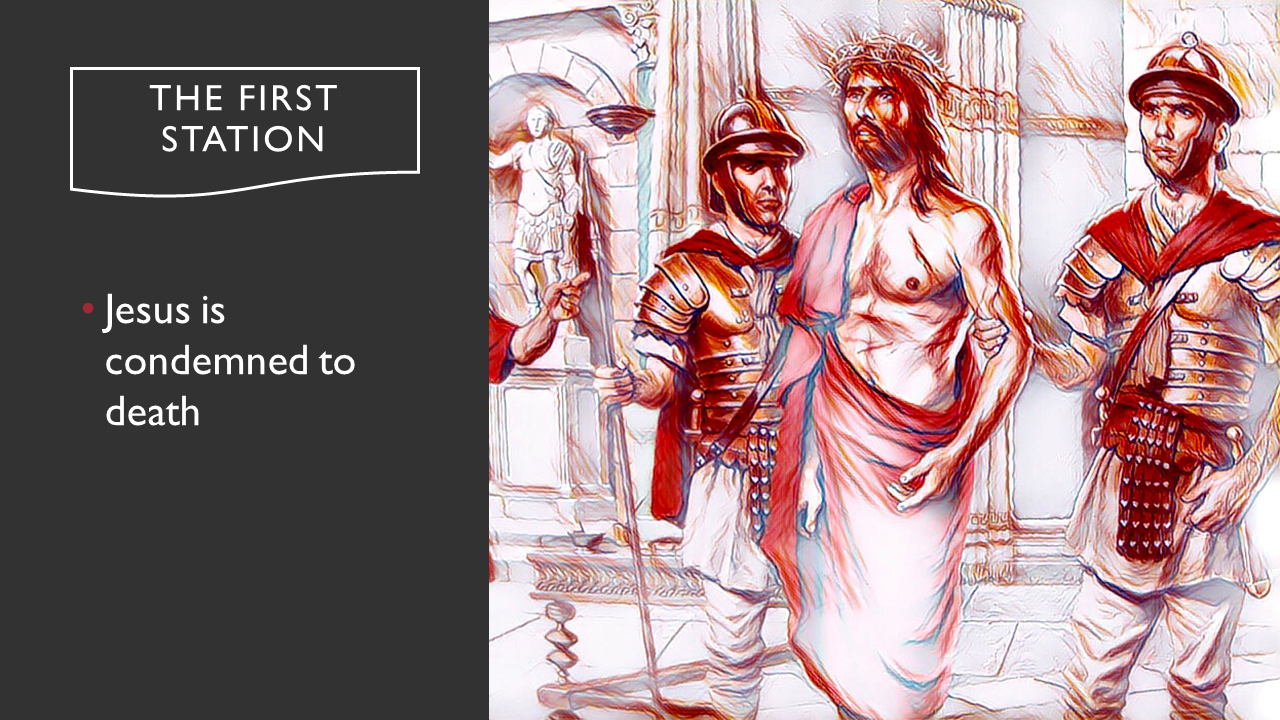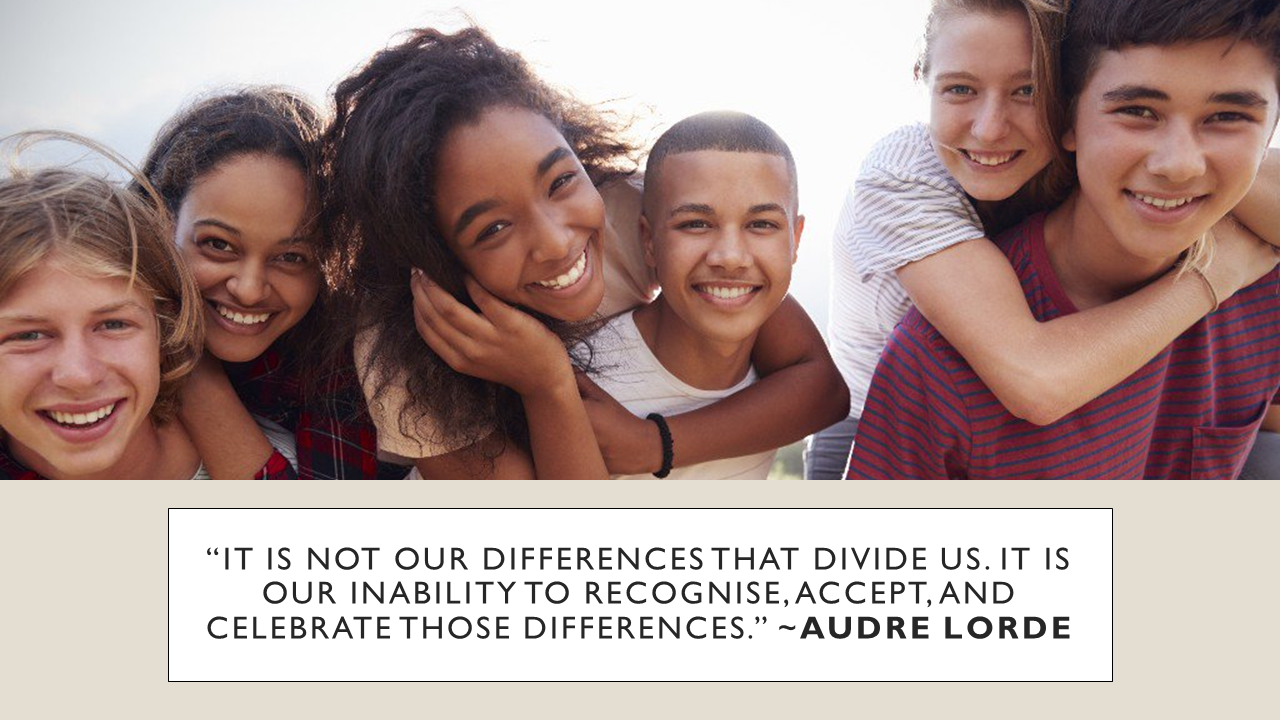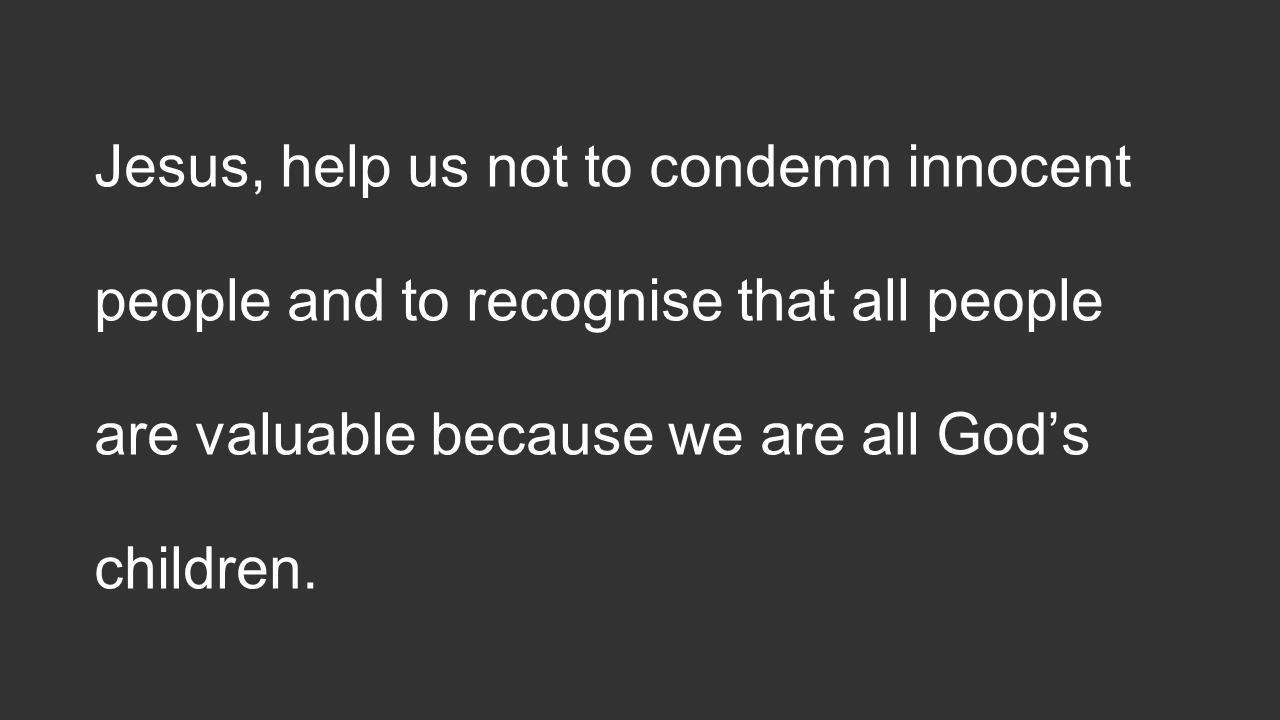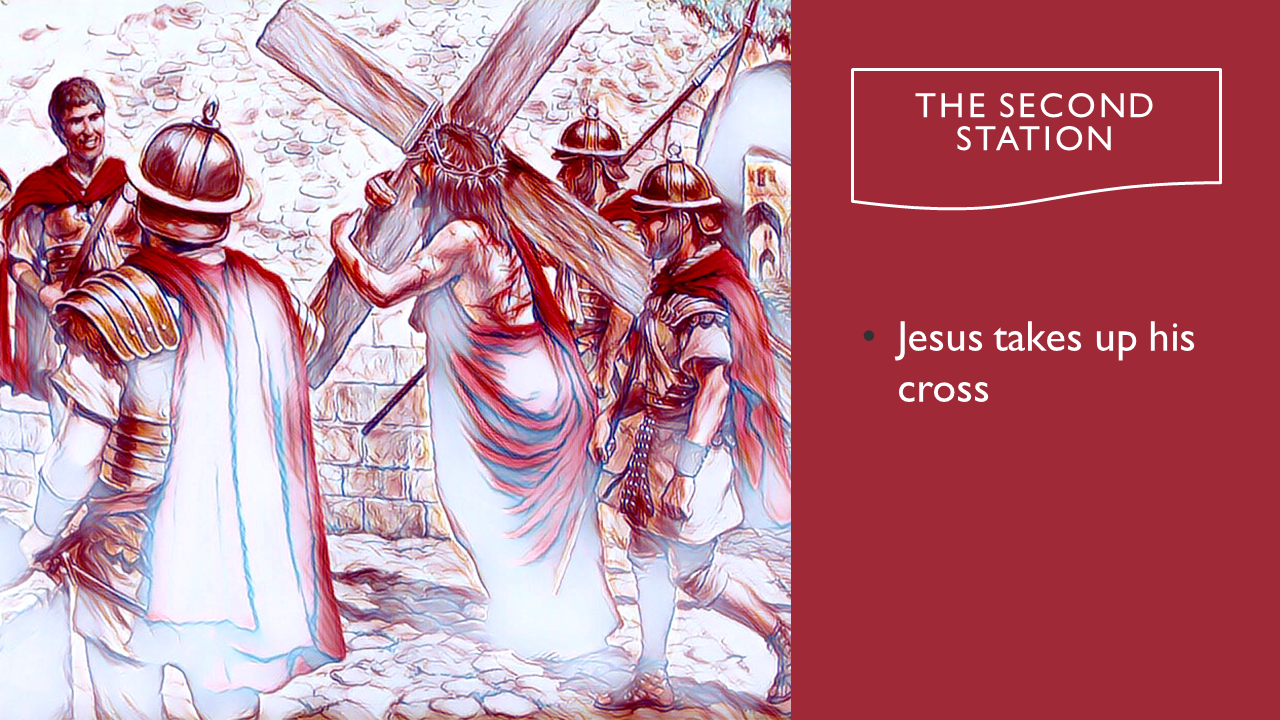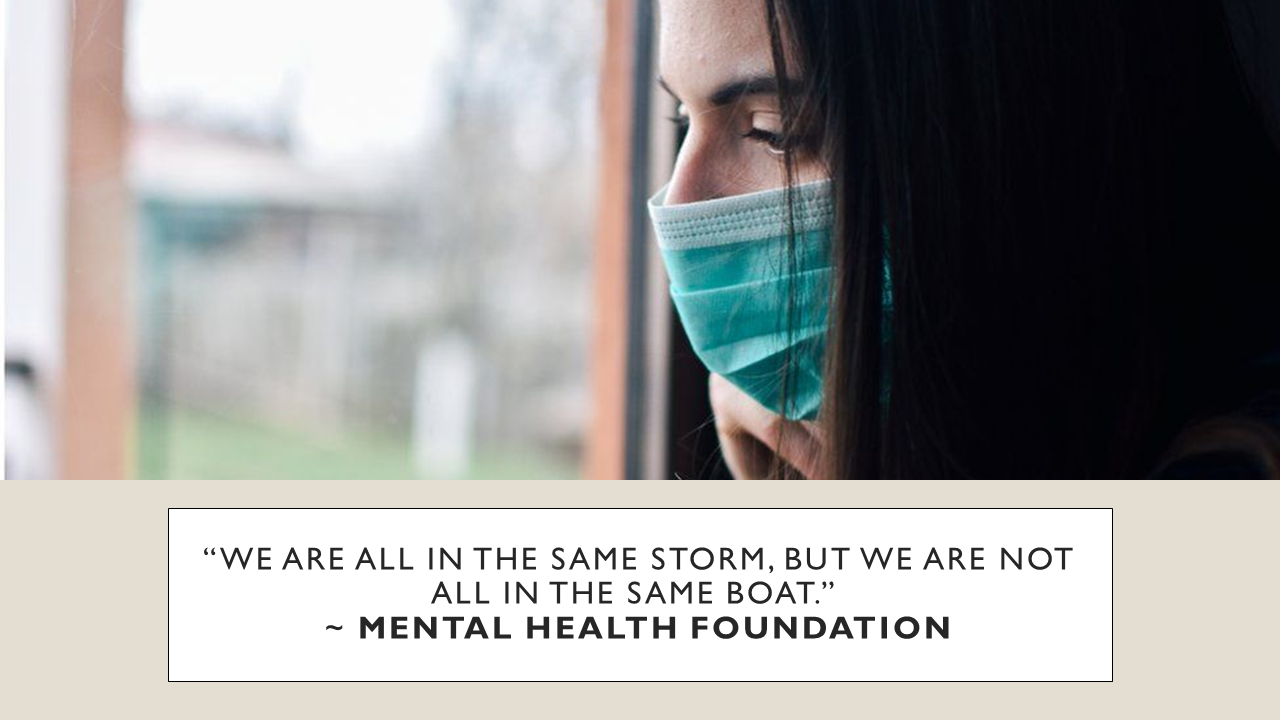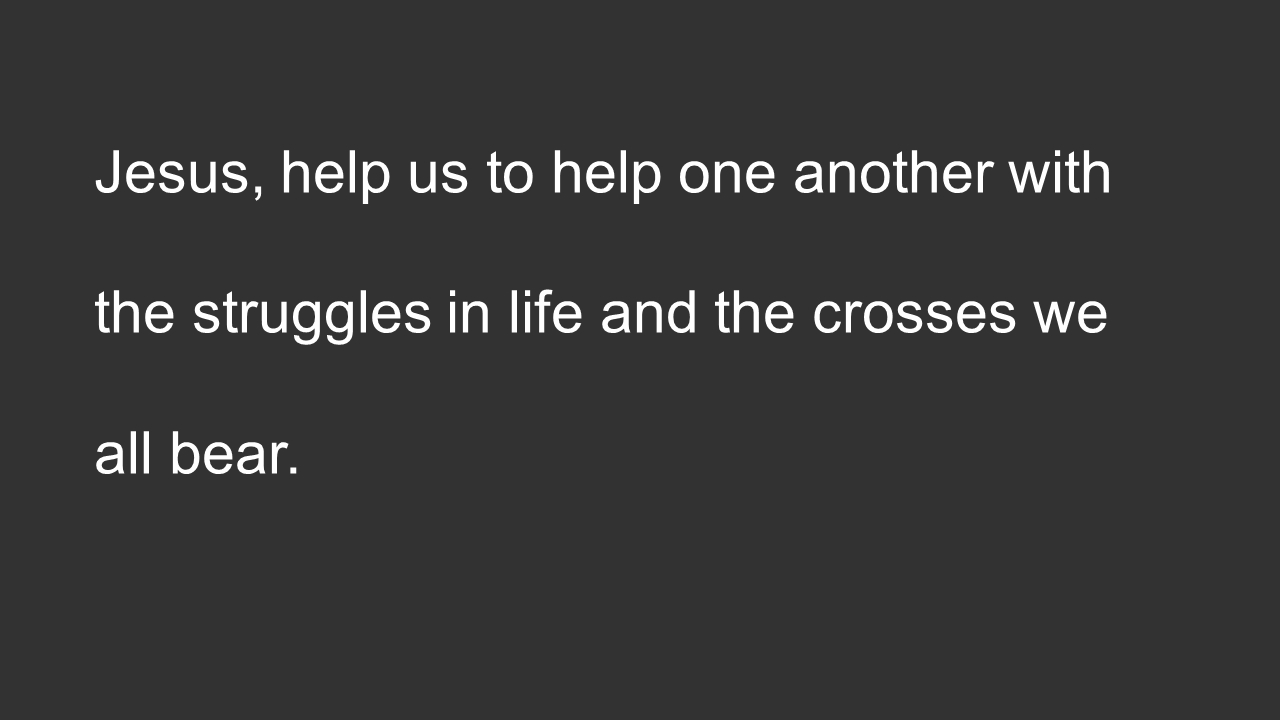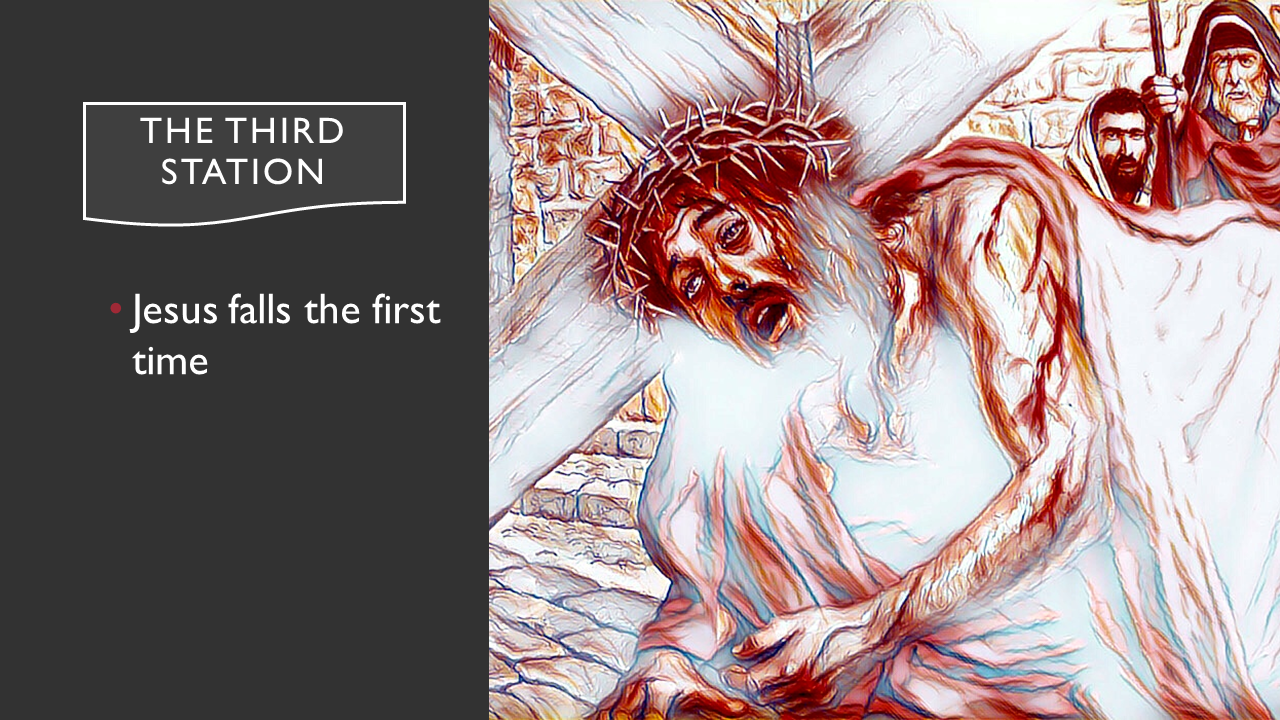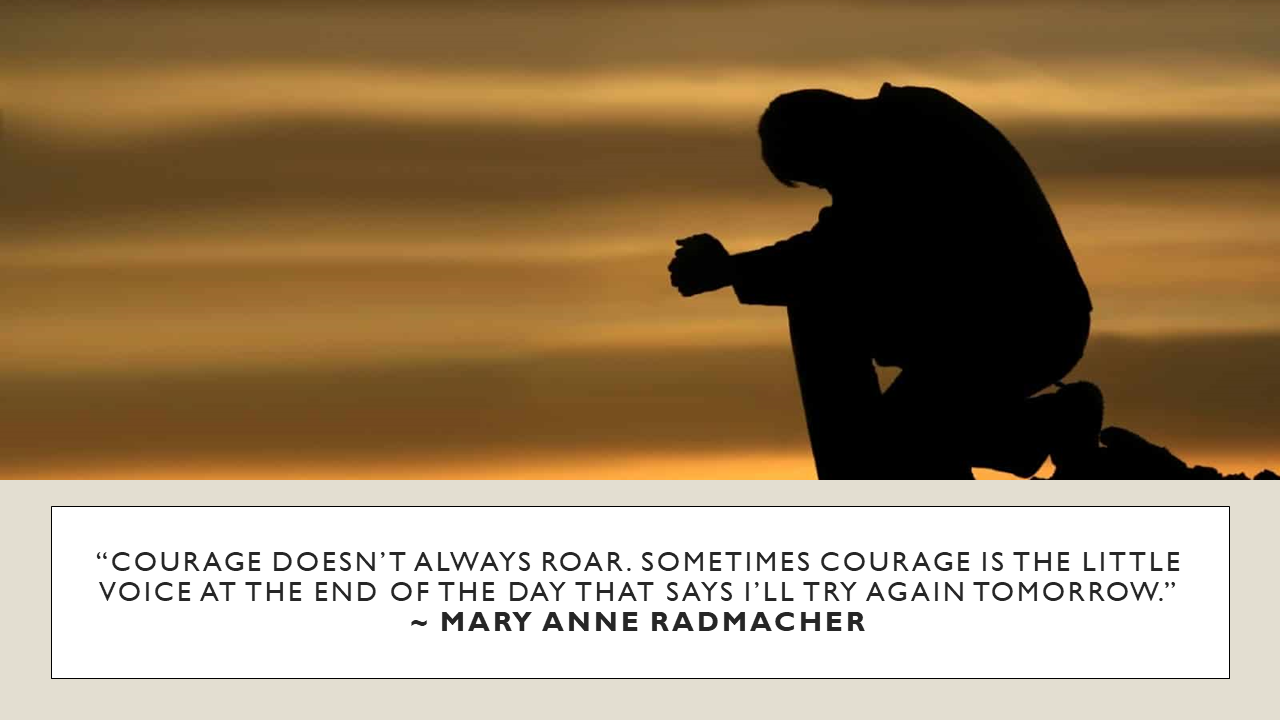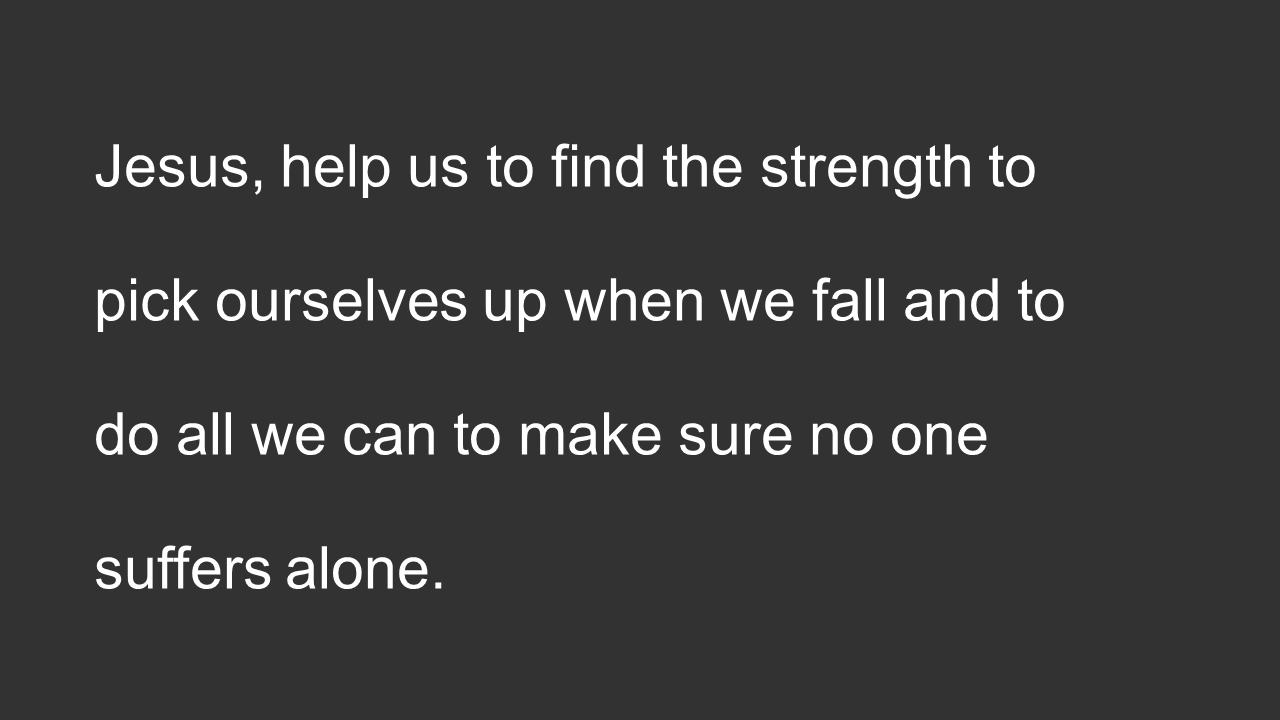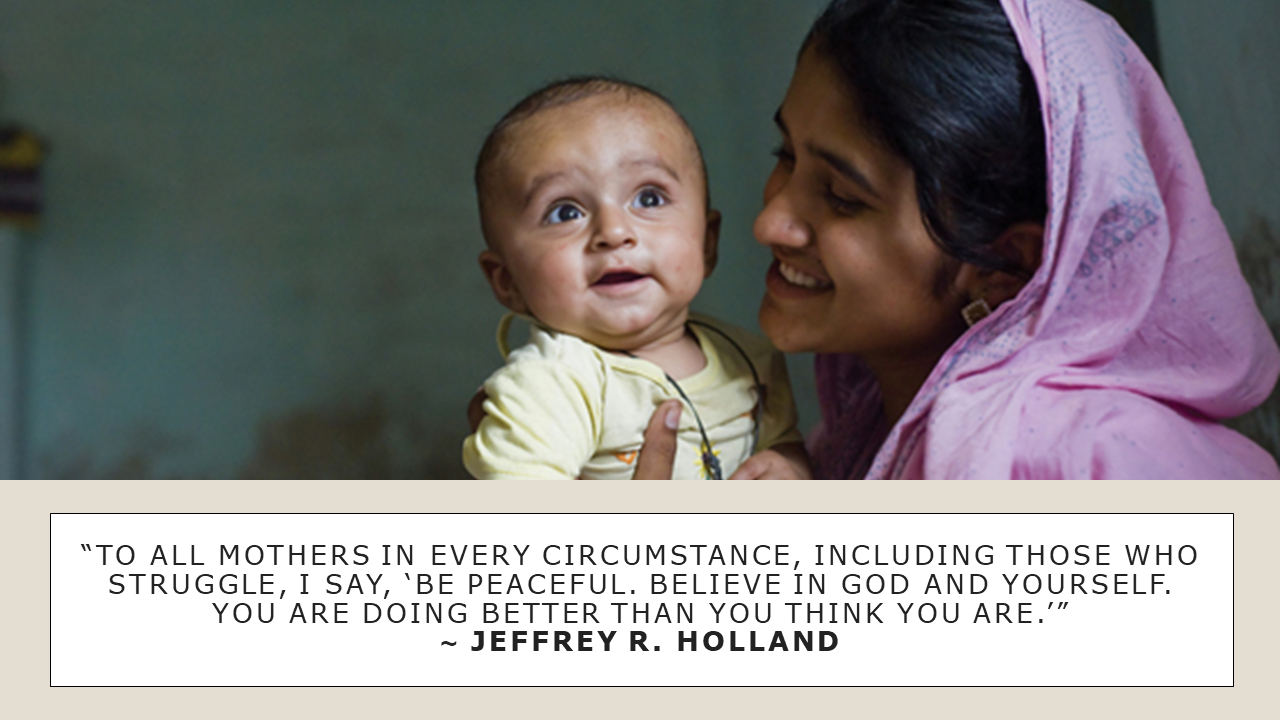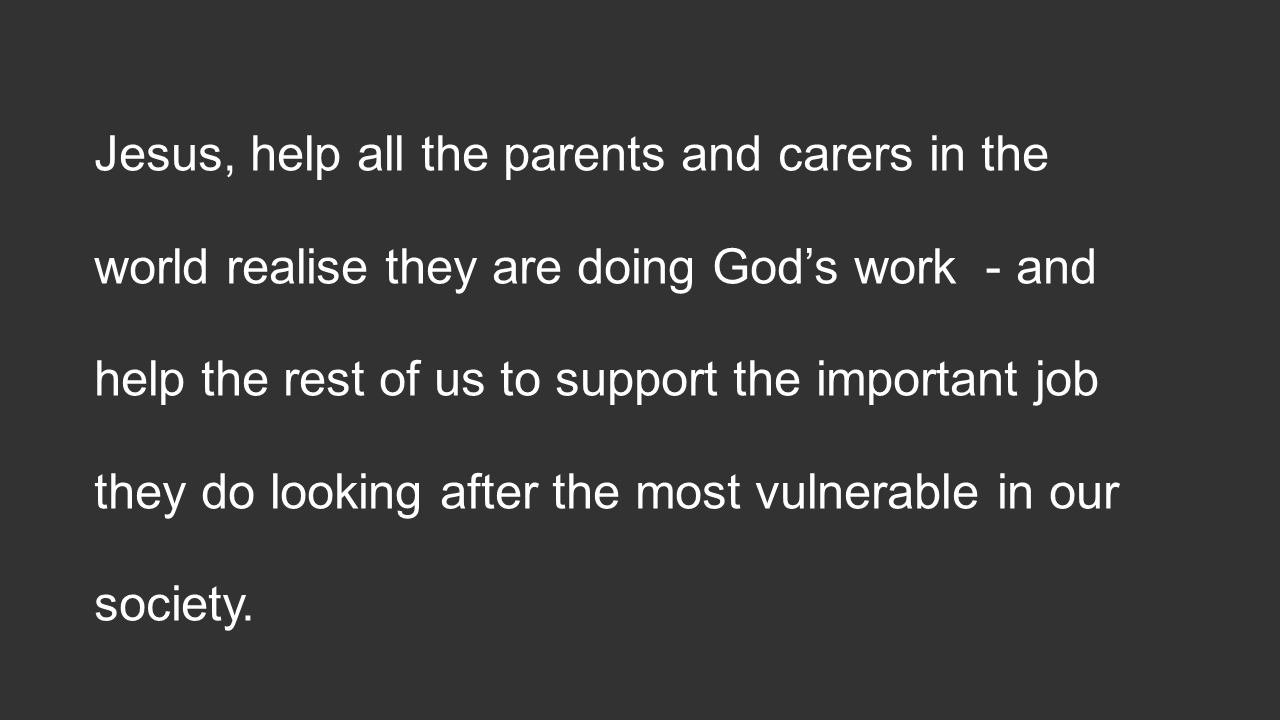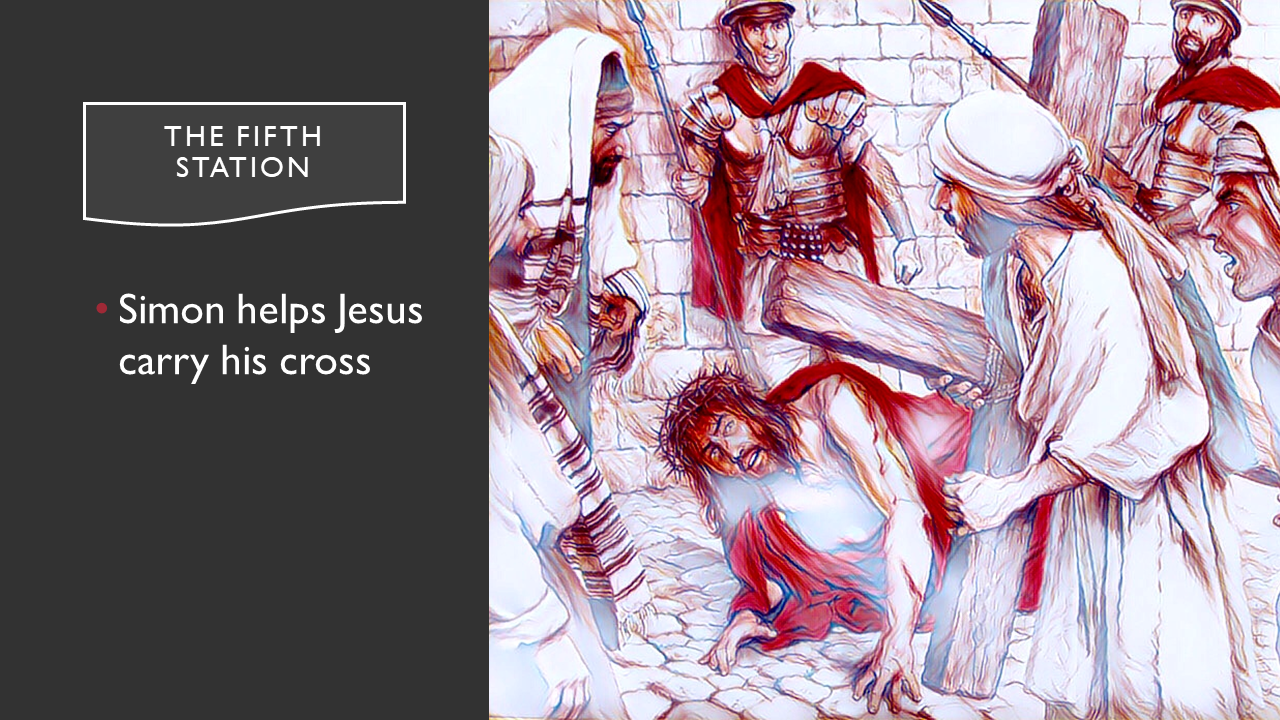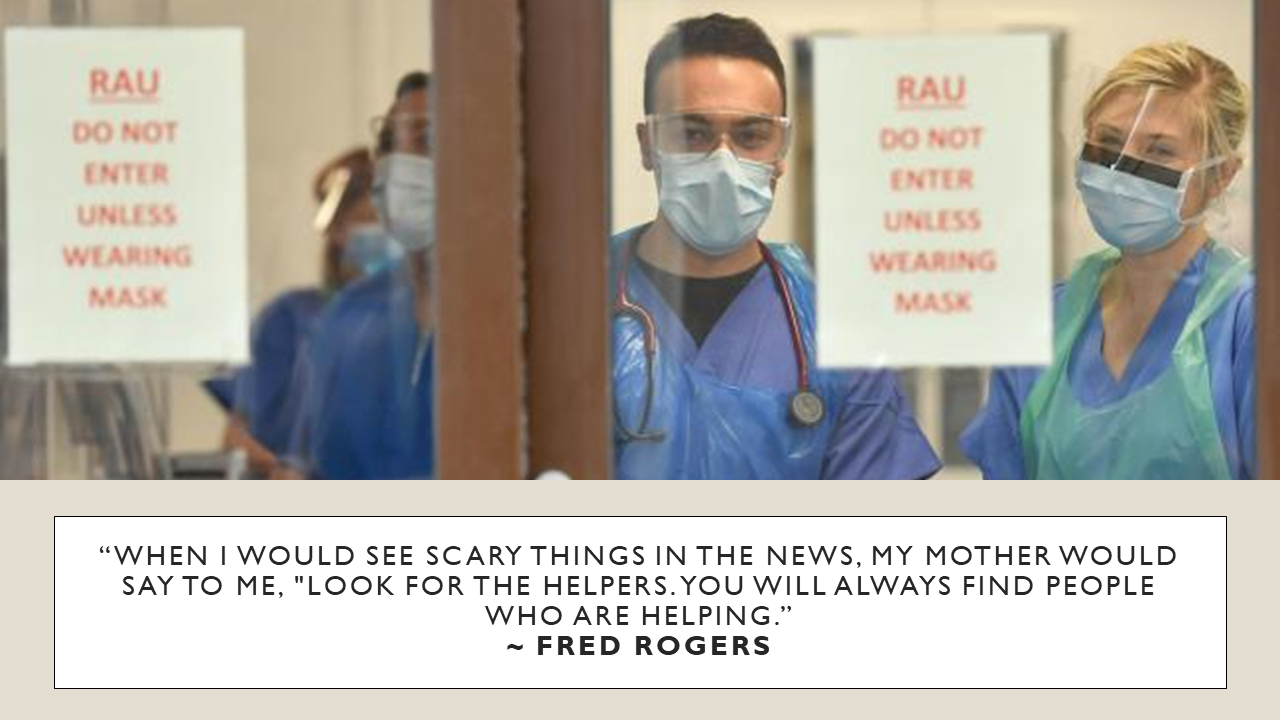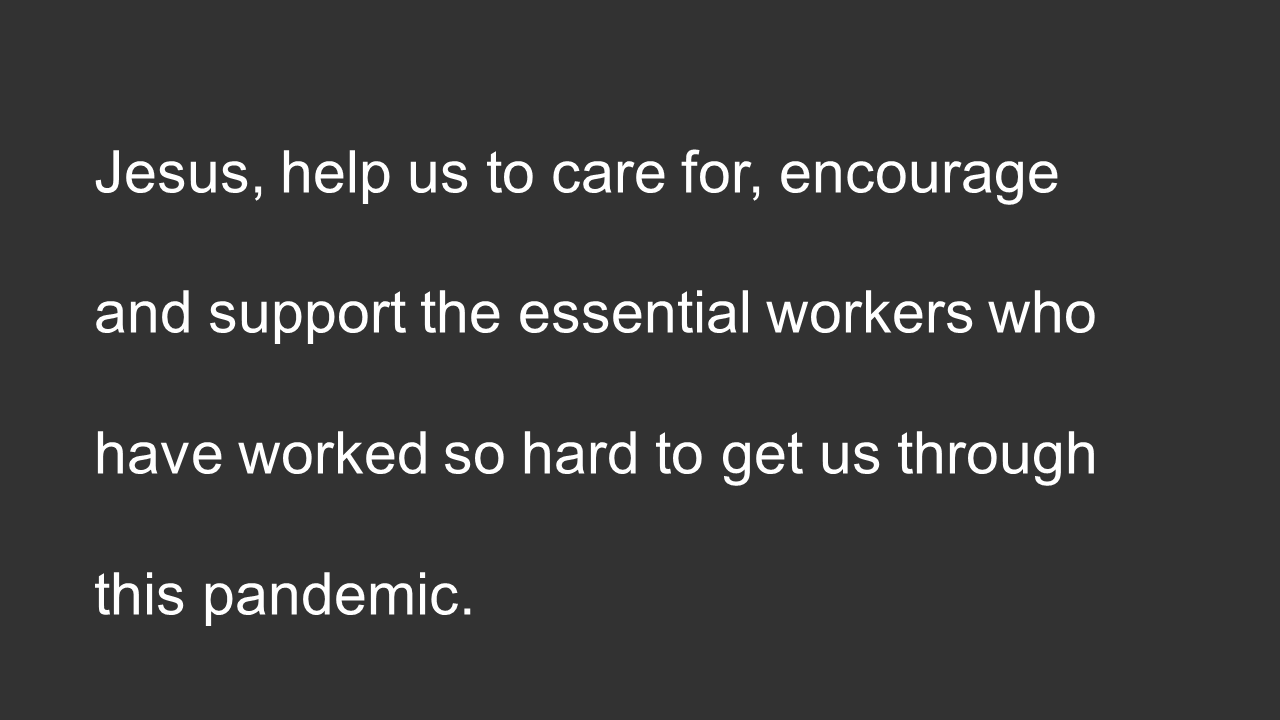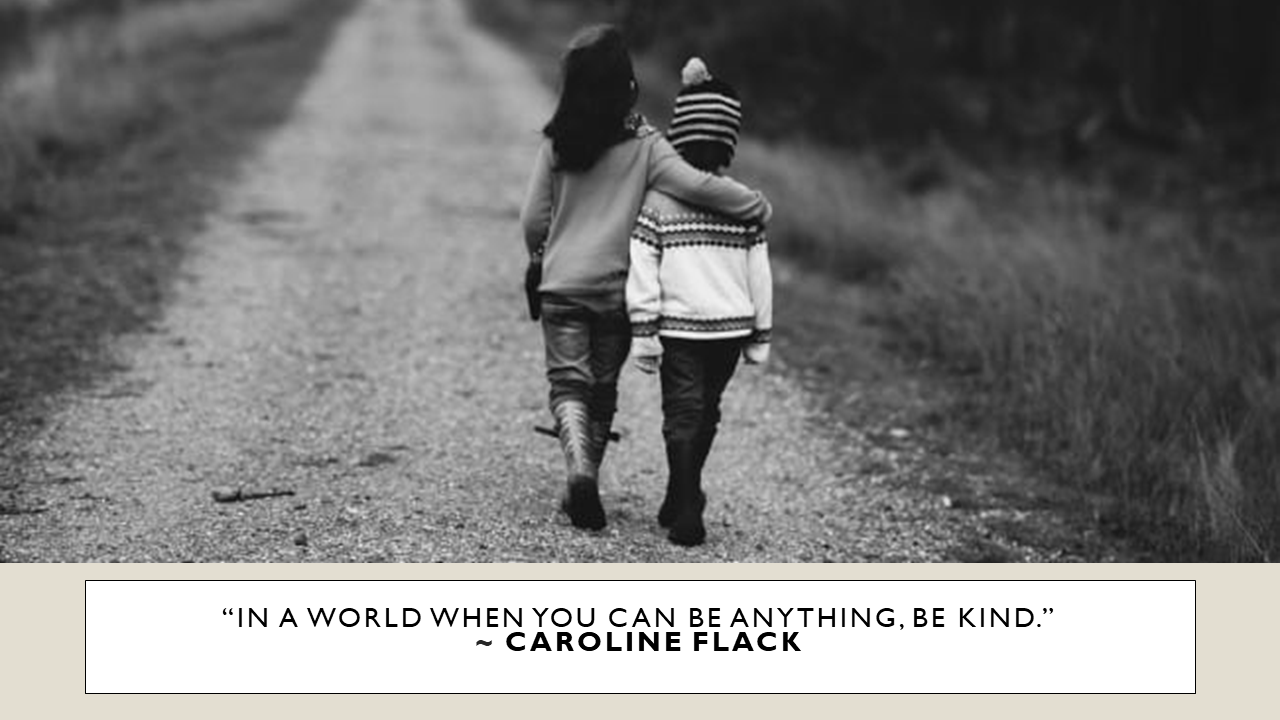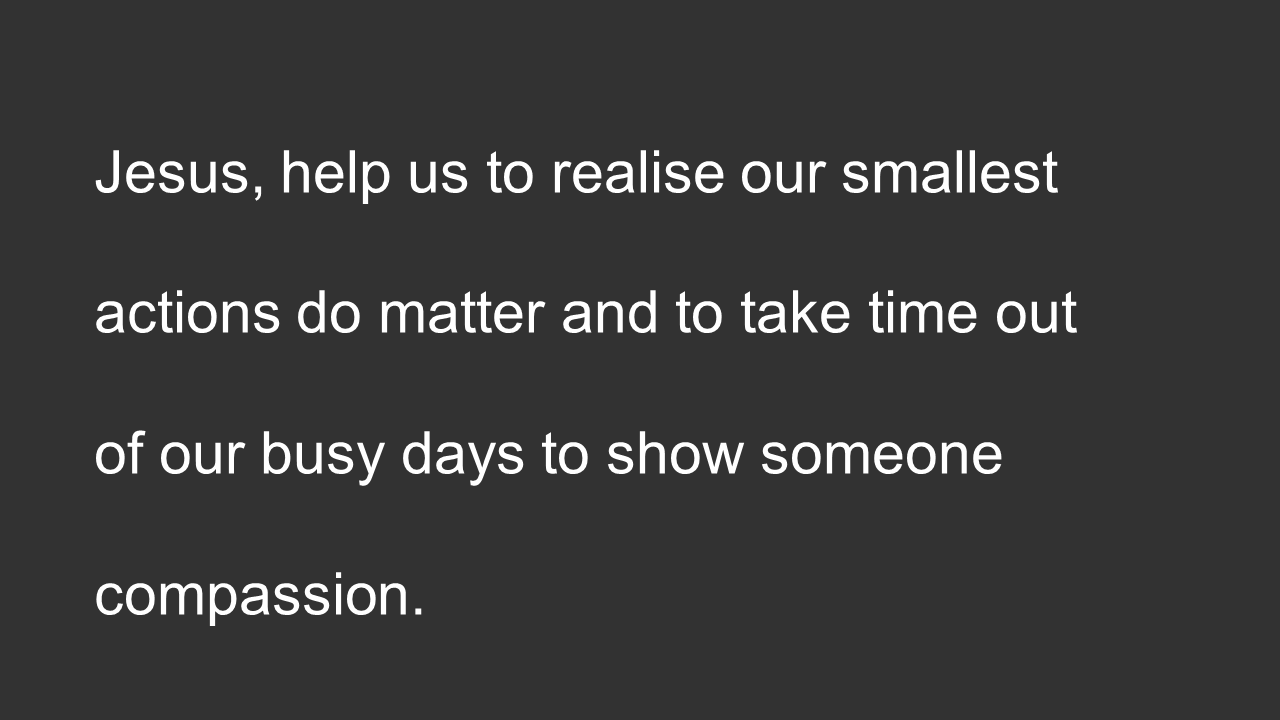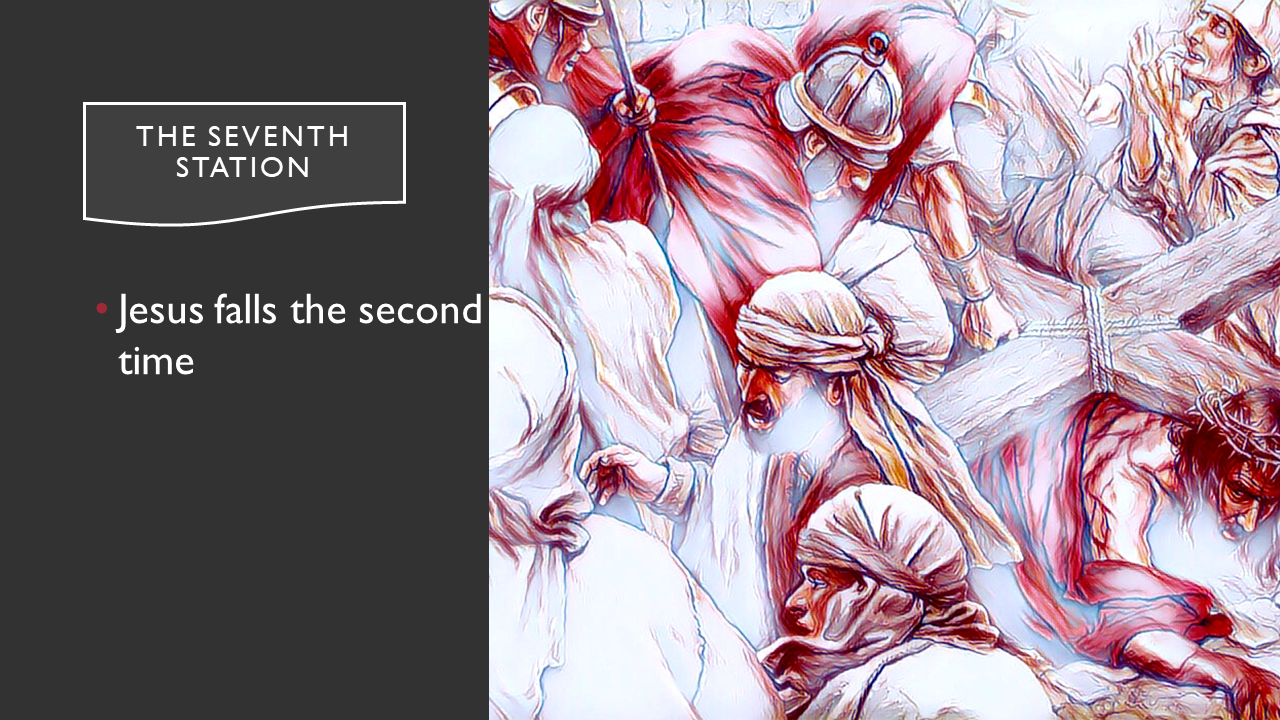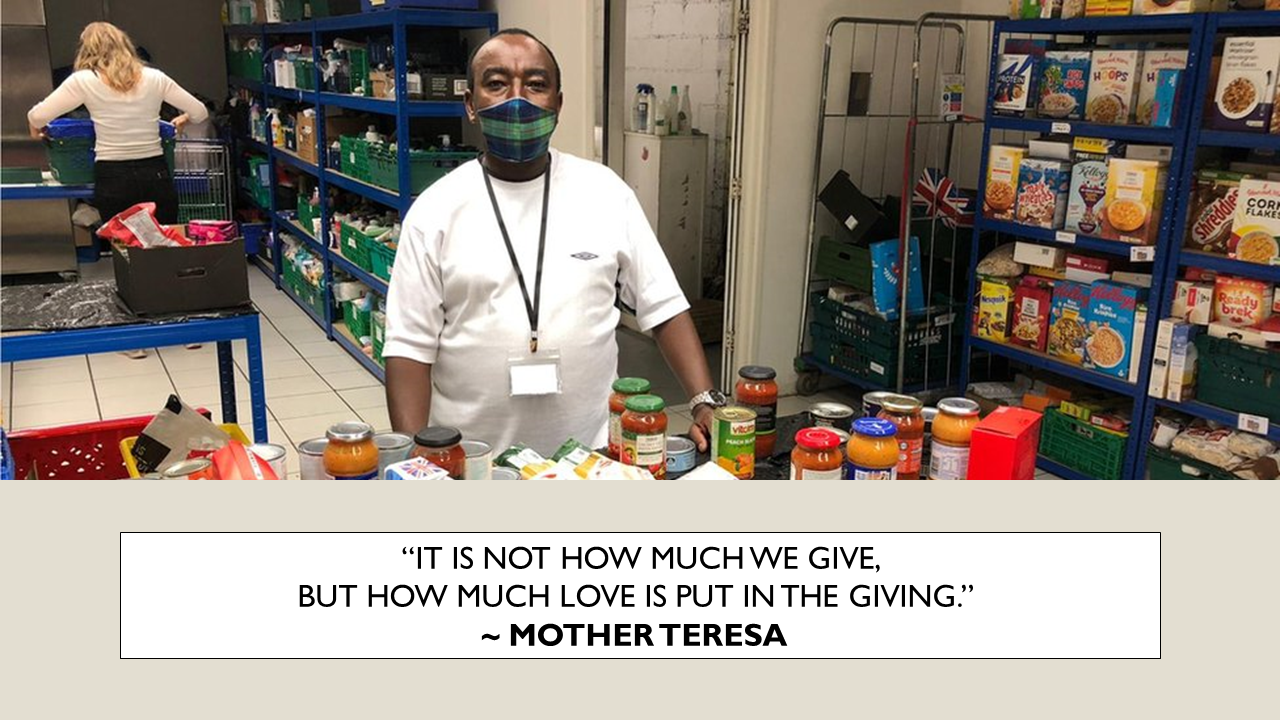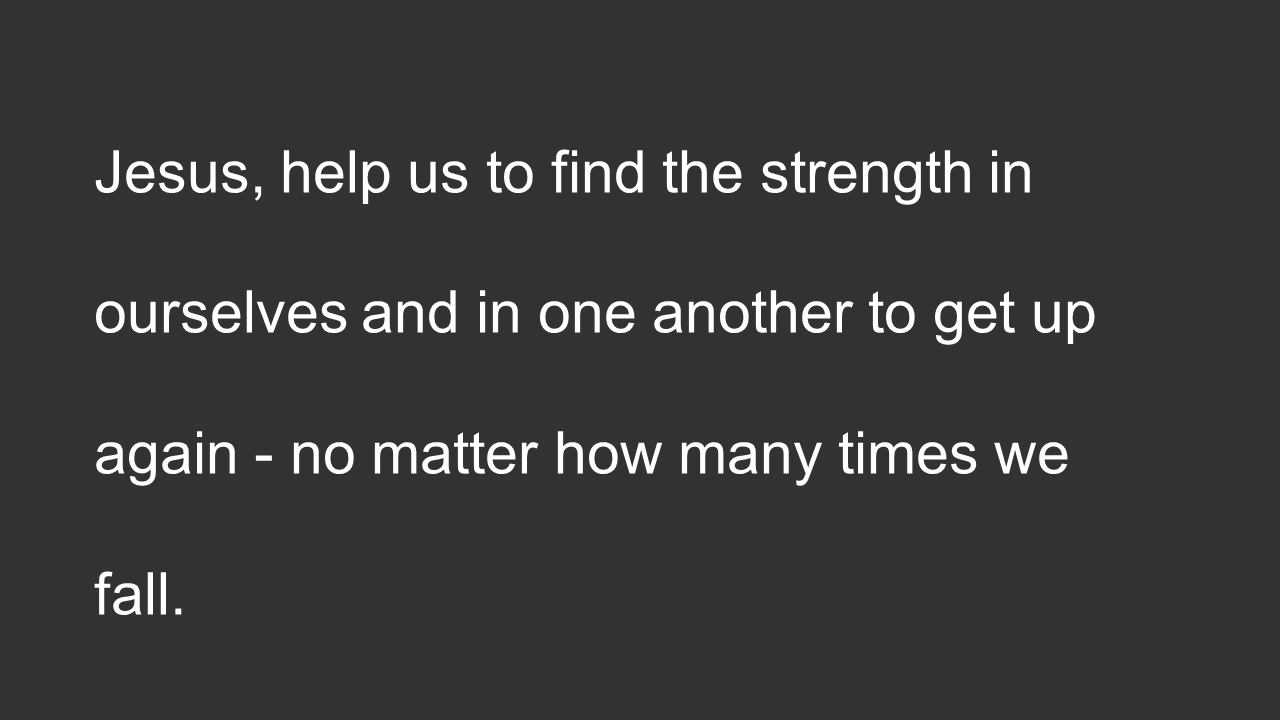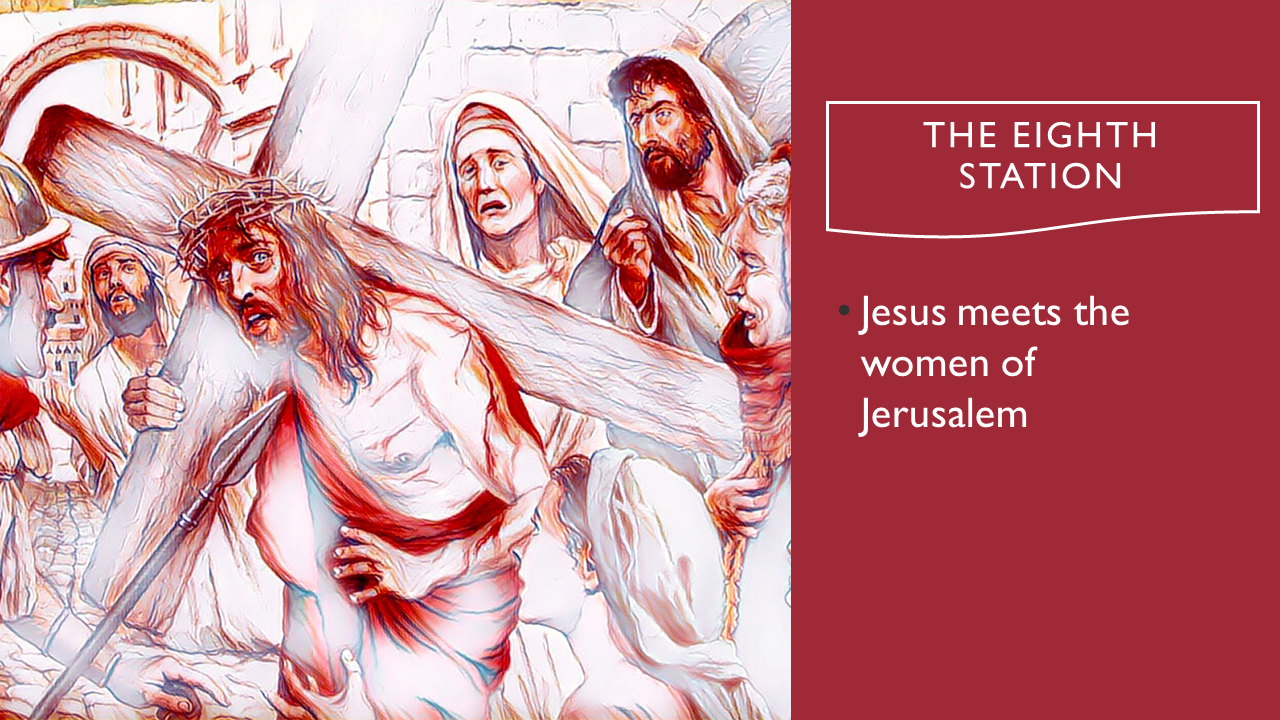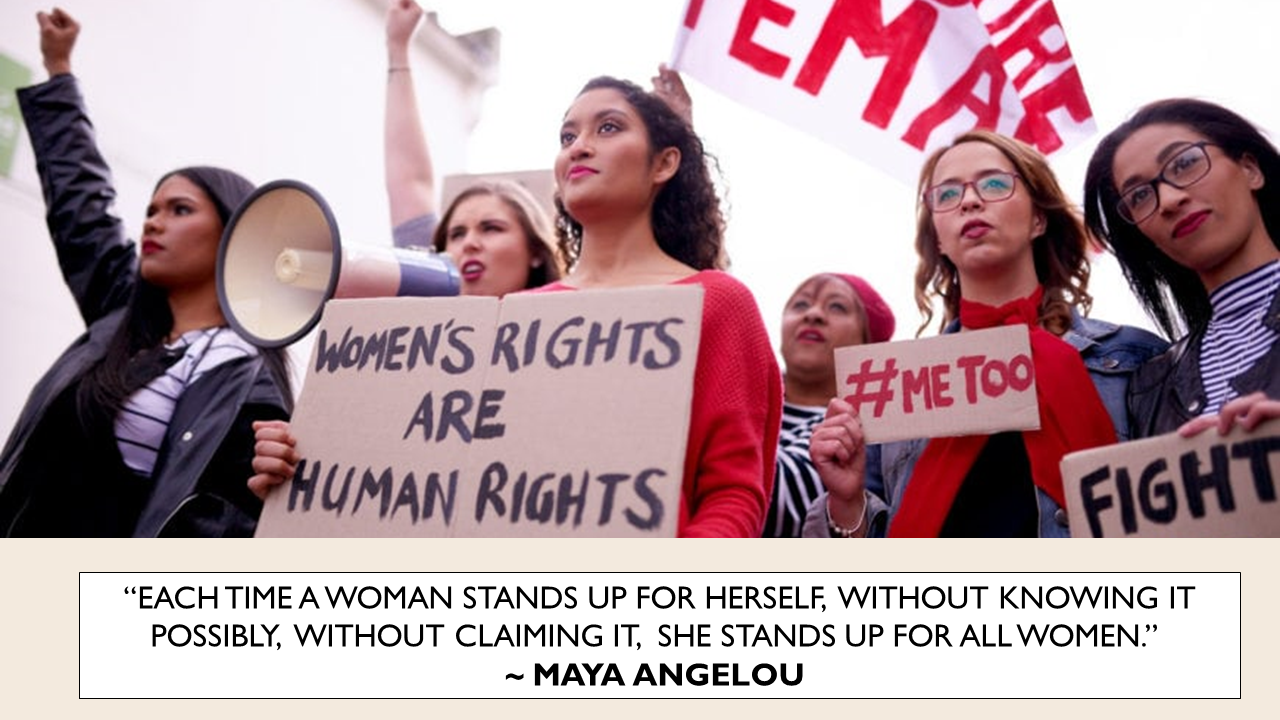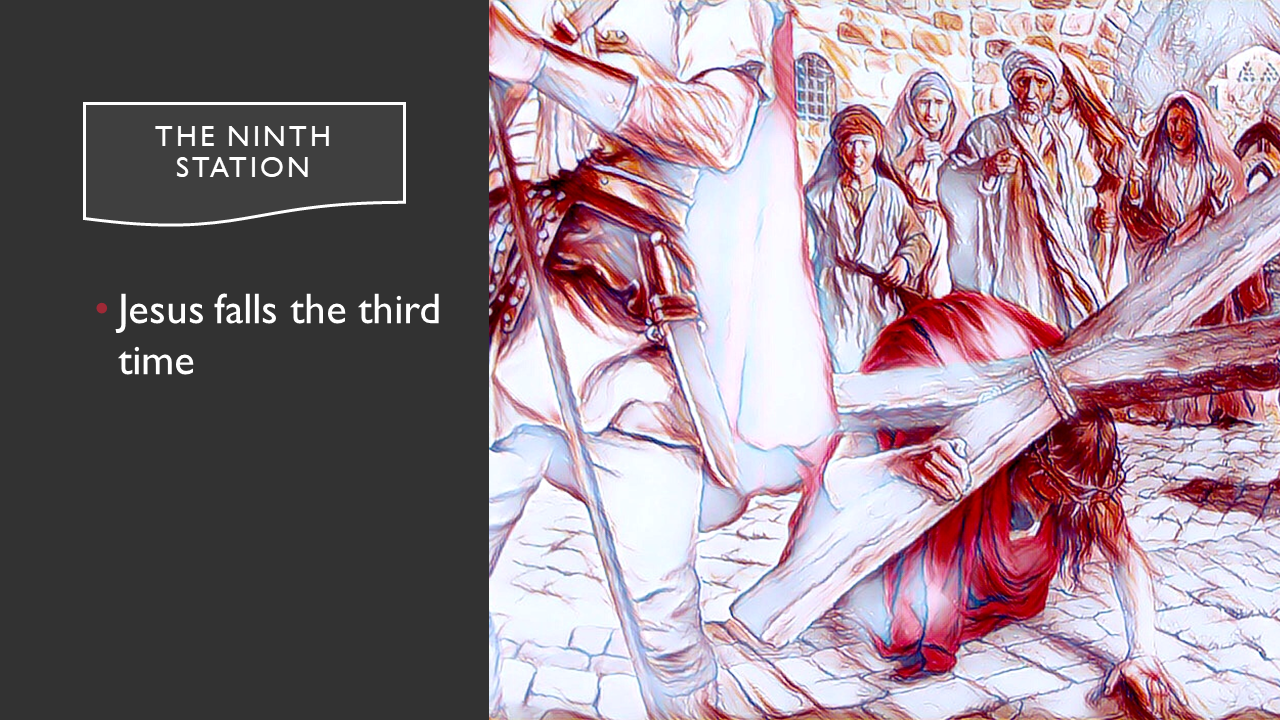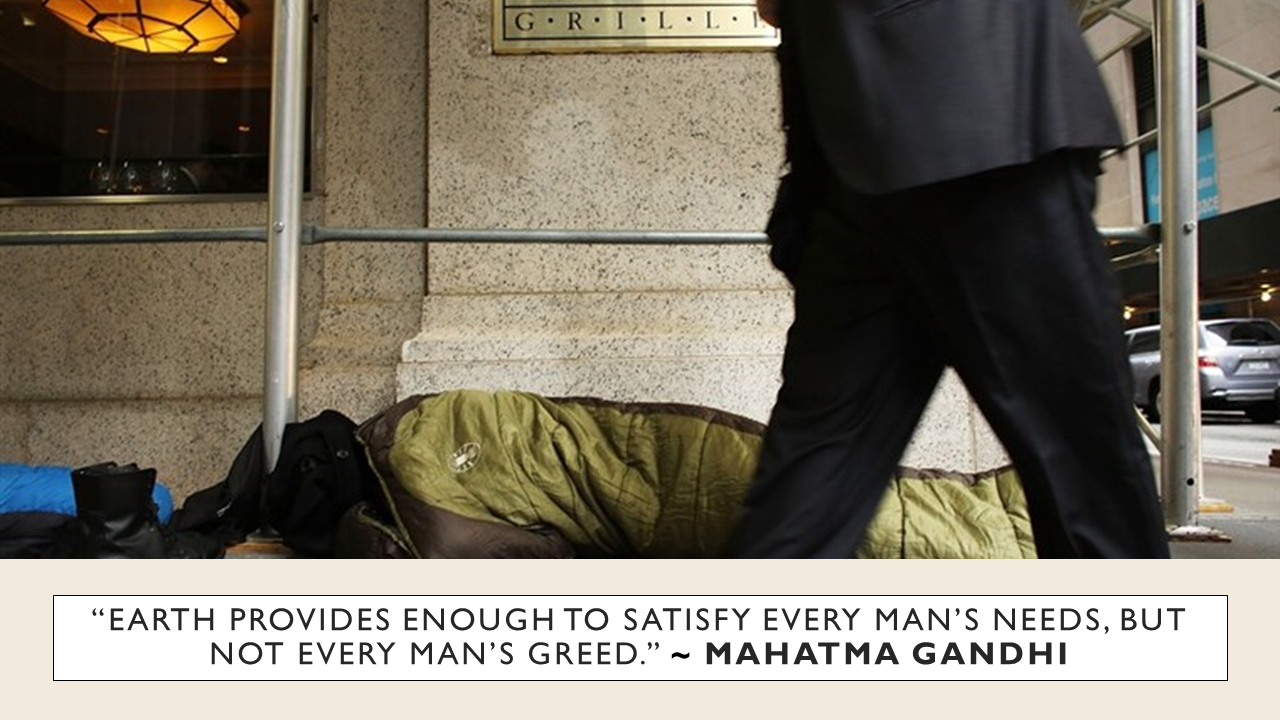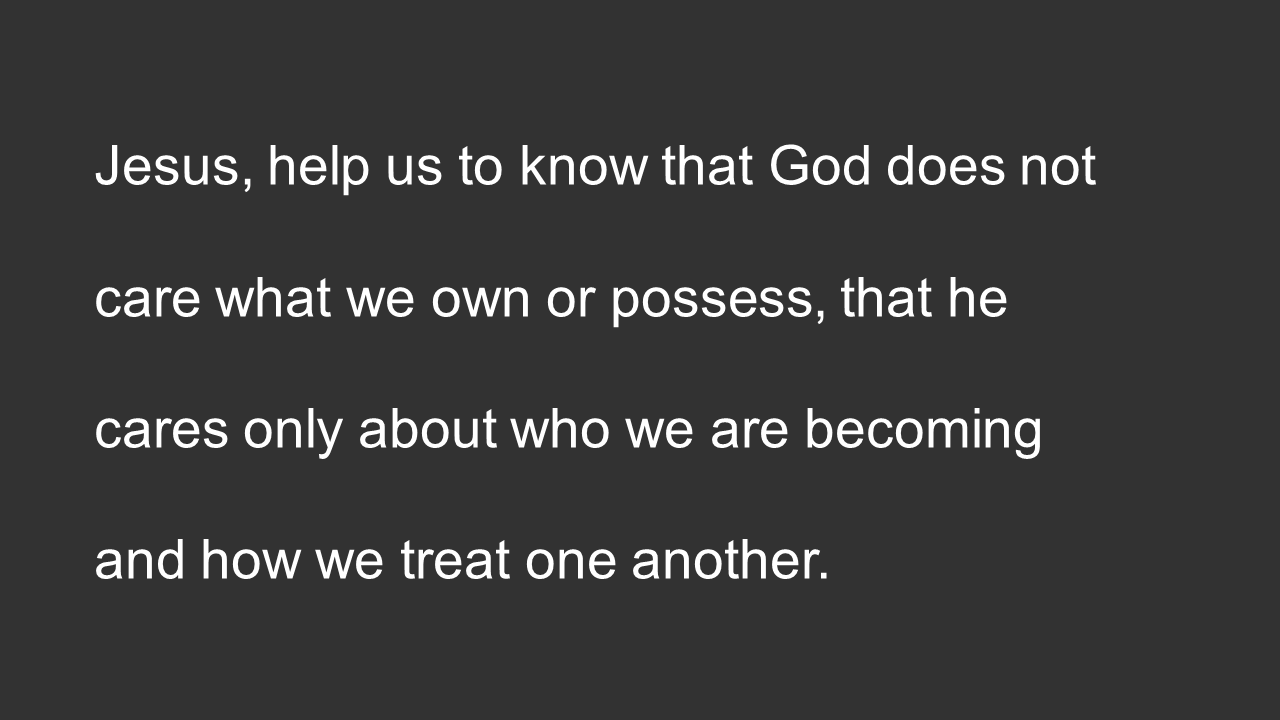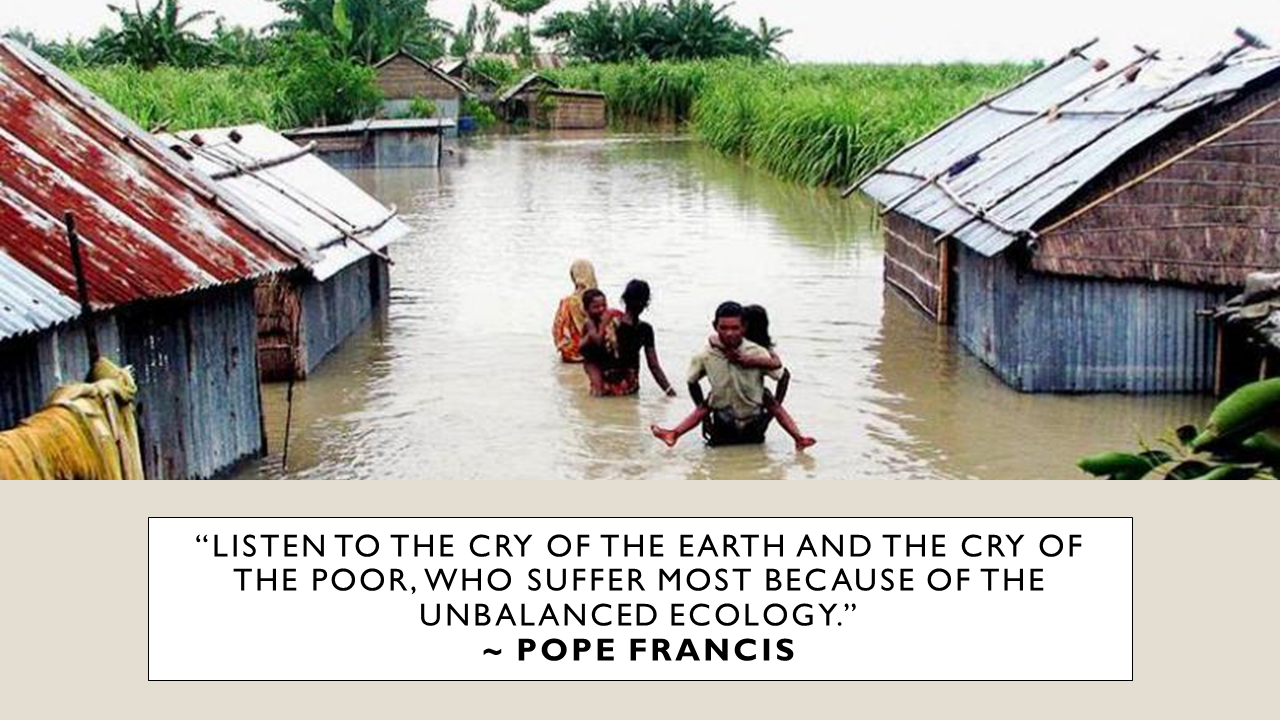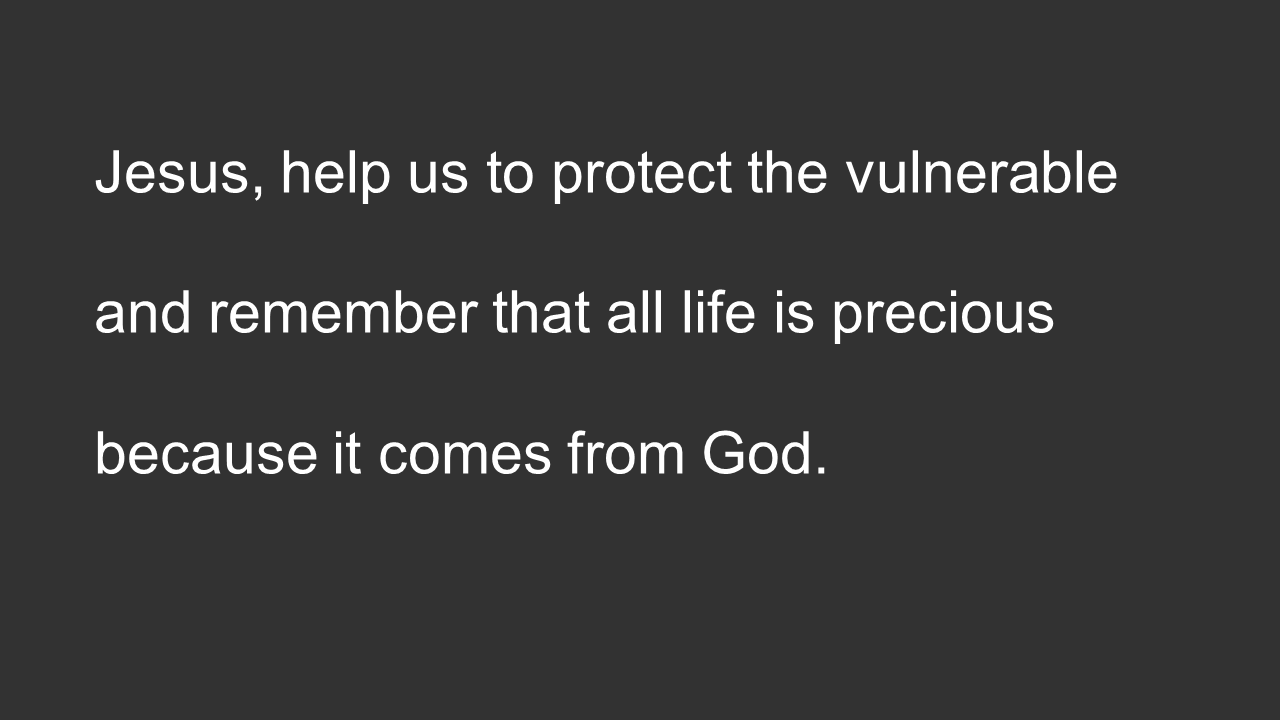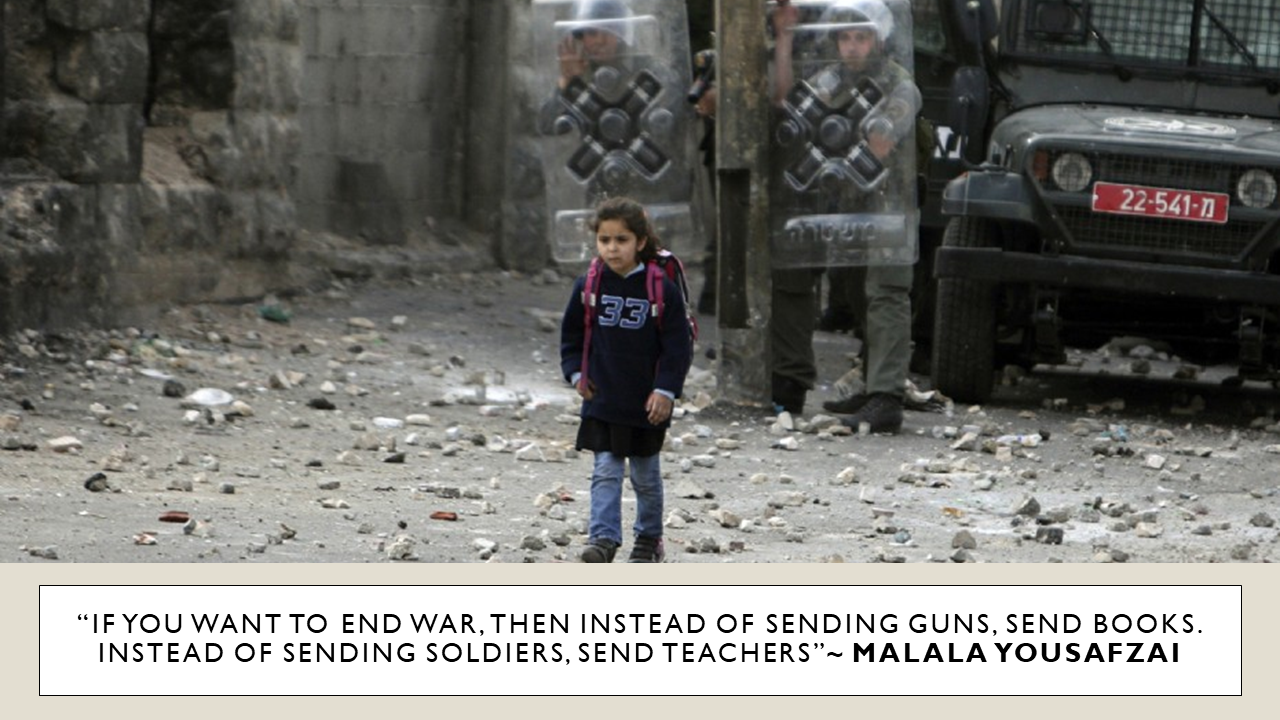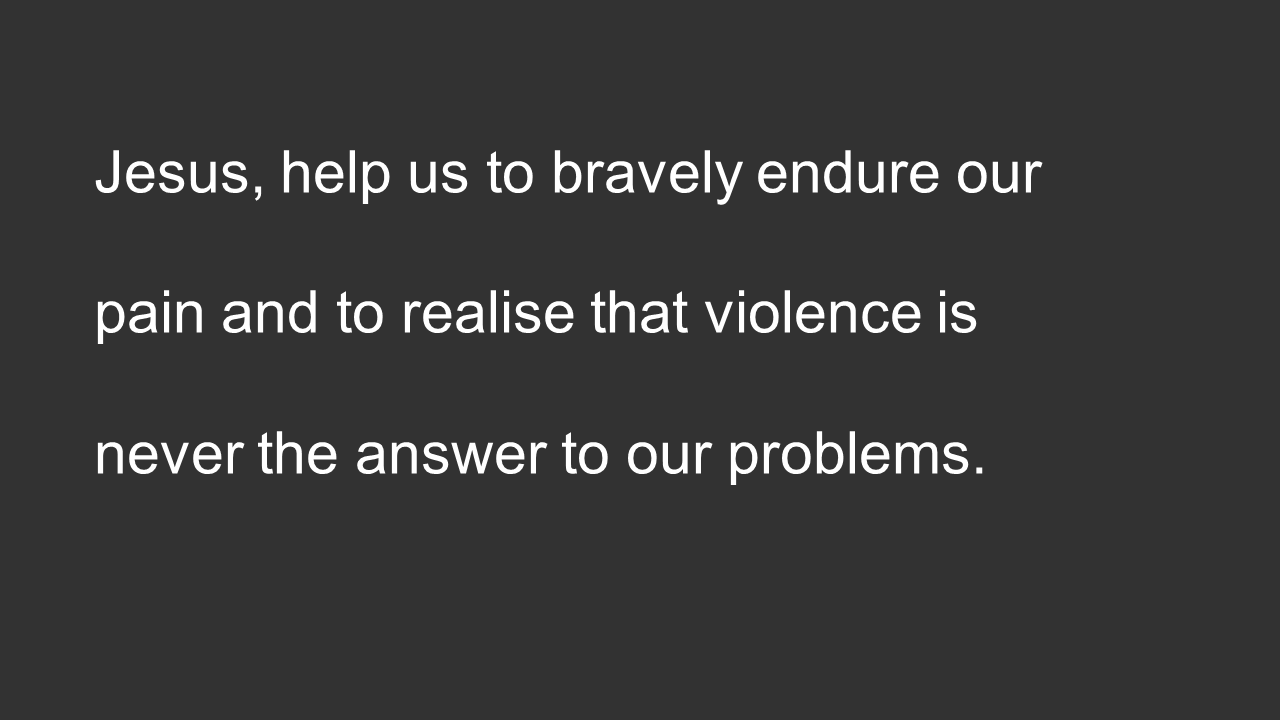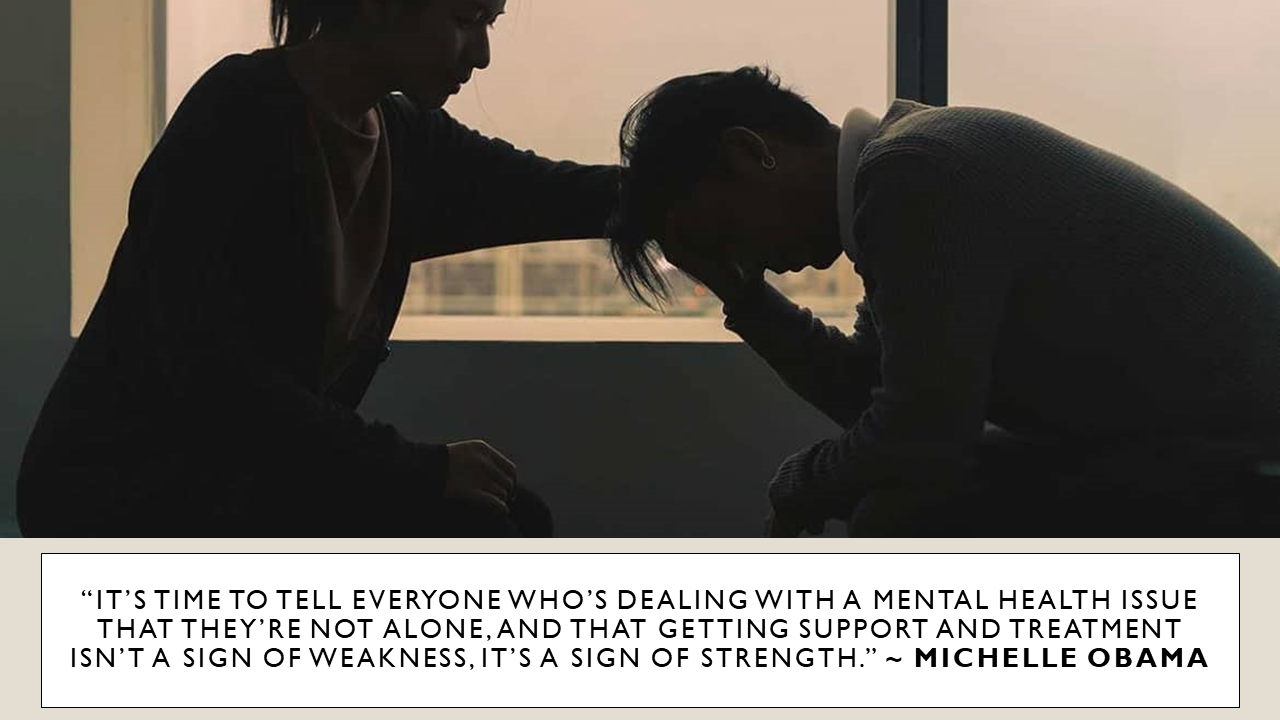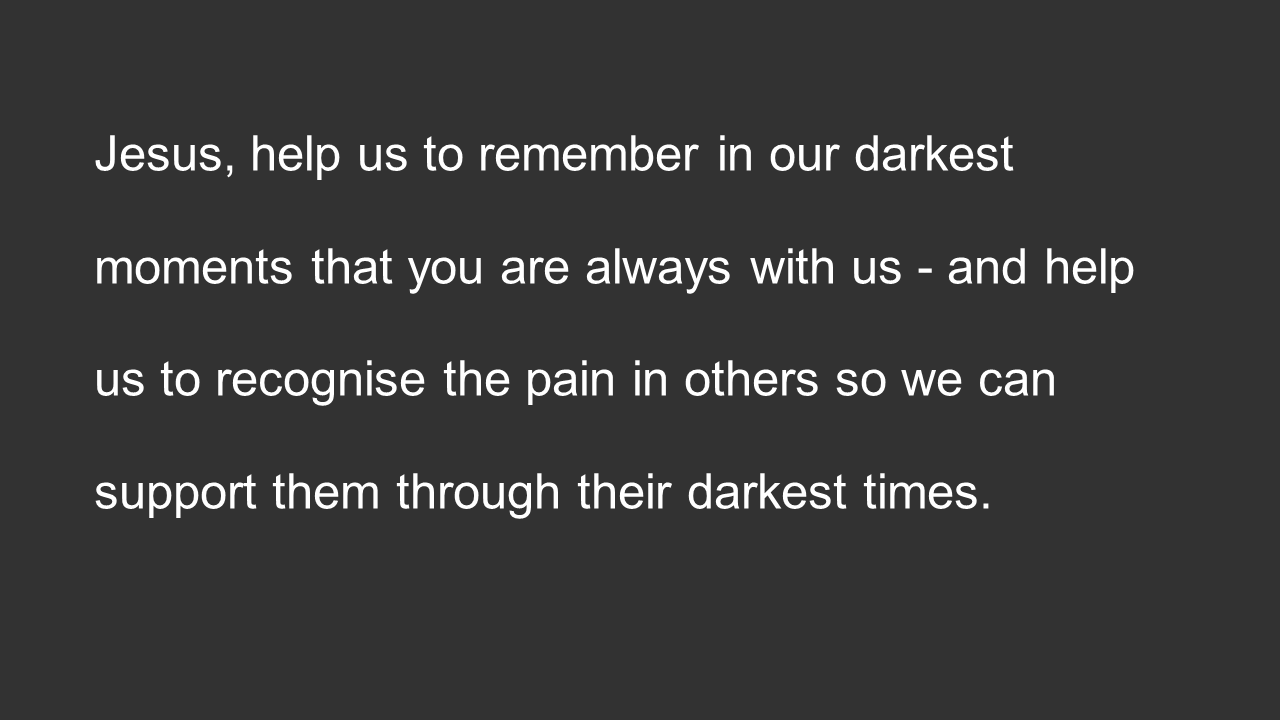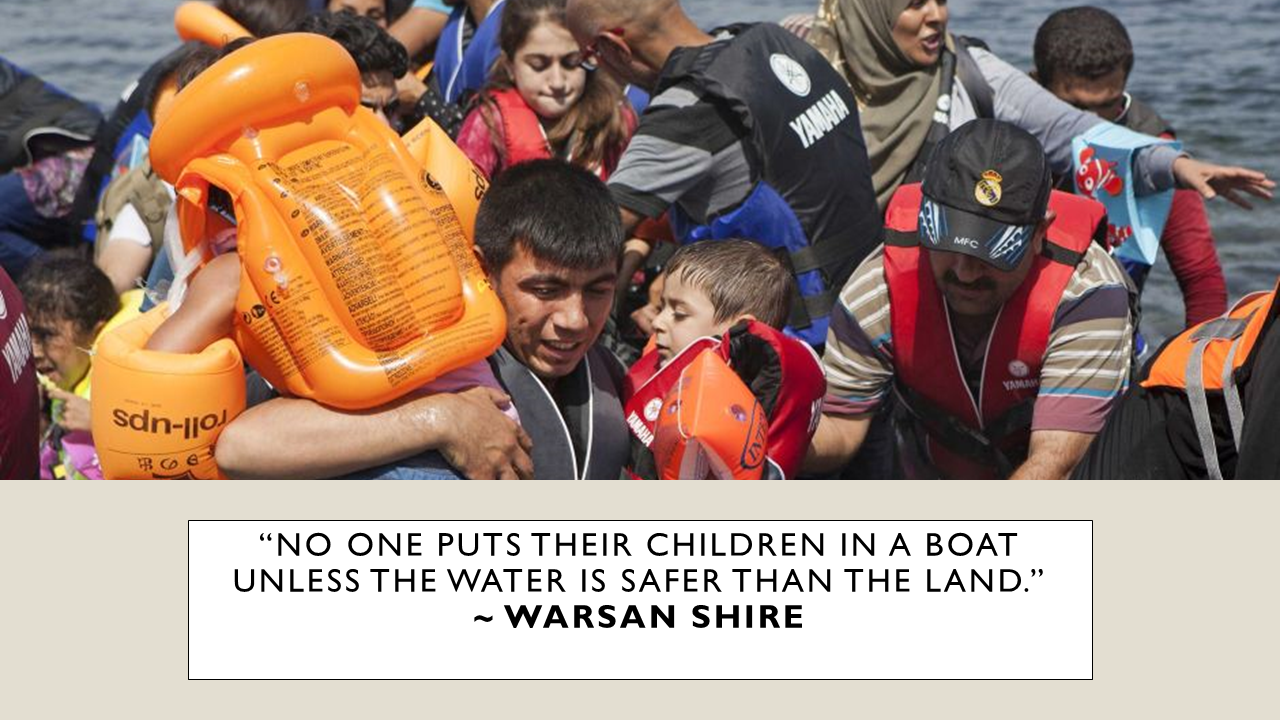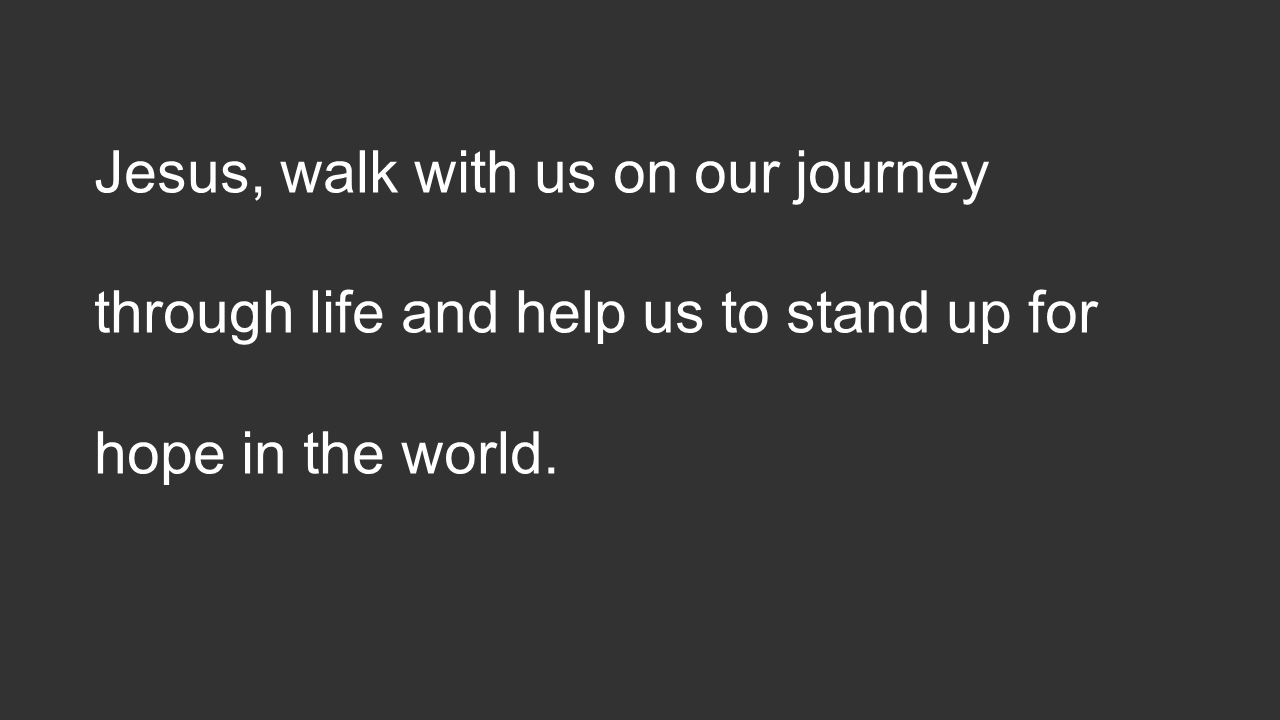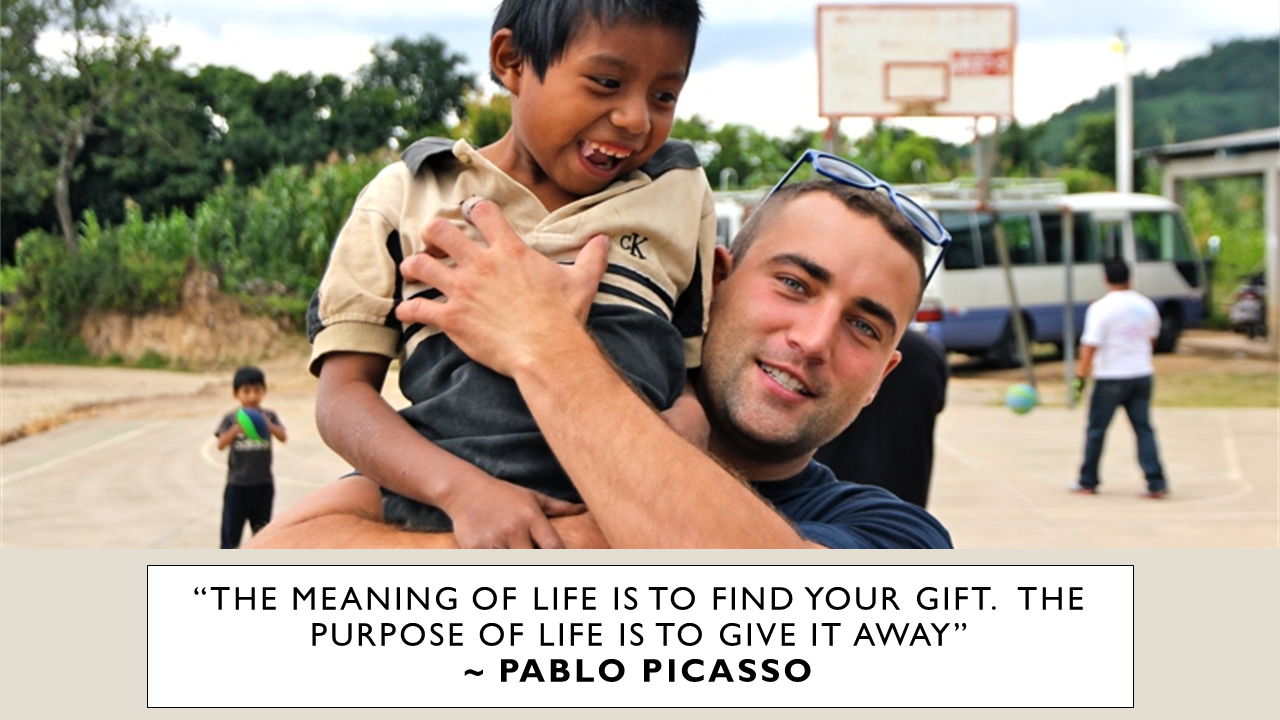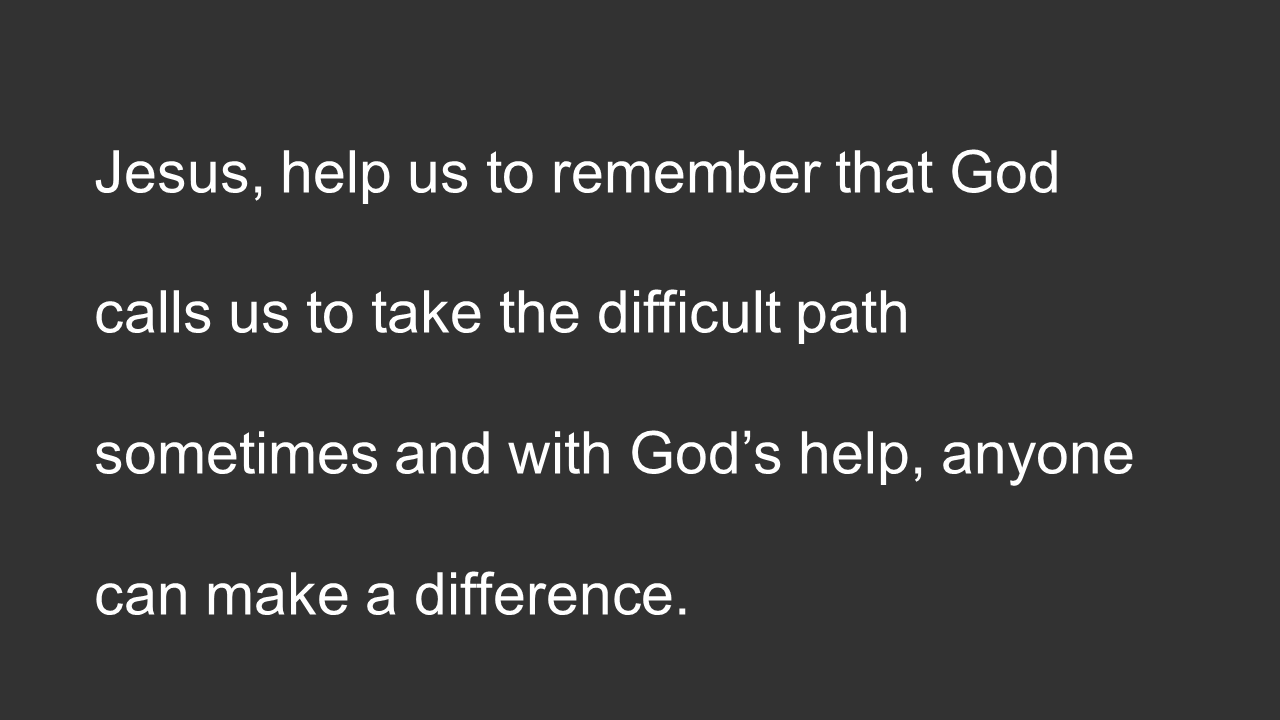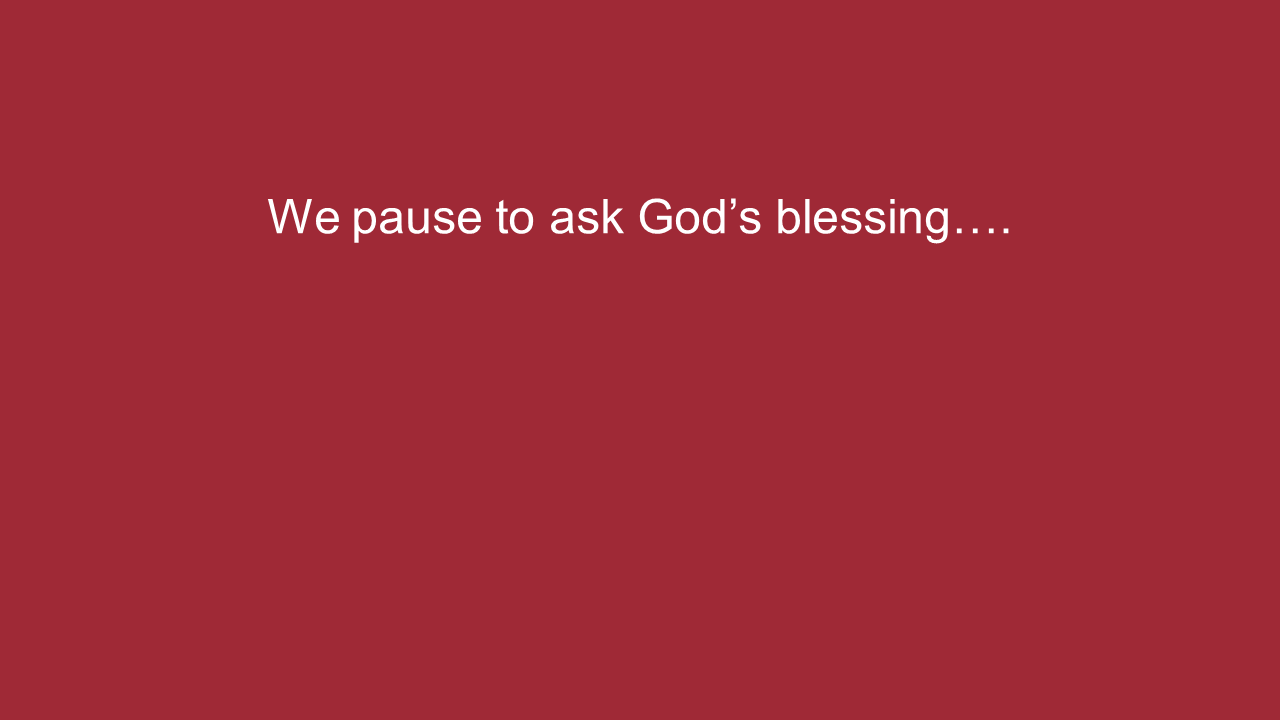Jennifer
Good evening and a very warm welcome to our Way of the Cross.
I am Jennifer and I am a parishioner in the South Edinburgh Cluster. I am delighted to welcome all those from our SEECAT faith communities and those from further afield.
This evening, in the middle part of Holy Week, we come together from our various homes to journey with Jesus from the point he was sentenced to death to his Crucifixion on Calvary.
Young people from the SEECAT churches are going to lead us on that journey. They will offer a reflection on each of the stations, various points on that journey that Jesus made, and what Jesus’ journey might mean for us today.
For each station there will be images on your screen to accompany the words.
At the end of each station there is a short prayer. We invite you to pray this in your own home along with the reader.
Let us pray:
Heavenly Father, be with us tonight as we journey in the footsteps of Jesus
as he goes to his suffering and death. As we reflect on the suffering of Jesus,
help us to feel the pain that he felt, so that we may be moved by the great sacrifice he made for us, our families and for all humanity.
Send your Spirit anew this night into our hearts, so that with compassion we may listen and respond to the plight of others who carry burdens, crosses and despair. Help us to be aware that your Spirit is with us as we travel this journey together. Awaken our hearts that we may accept your challenge to create the world anew.
We ask this in the name of Jesus your Son, who lives and reigns with you and the Holy Spirit, one God, forever and ever.
All: Amen.
Jesus was condemned to death because of who he was.
Every day there are people who are quick to judge individuals and families in our society.
Like Jesus, they are condemned for who they are: the poor, immigrants, and those who are just a little different: differently abled, a different skin colour, religion, or sexual preference.
Humans come in all shapes and sizes with unique challenges and strengths, we should strive to value and celebrate our differences rather than fearing them.
The 2nd Station
Louise:
The second station, Jesus takes up his cross
Jesus was brought to Pilate, he was scourged and a crown of thorns placed on his head. Pilate brought Jesus back out to the crowd, who screamed, “Crucify him! In the end, Pilate handed him over to be crucified. Jesus was led away, carrying the cross by himself.
The global pandemic has affected us all, everyone has experienced different degrees of difficulty.
While everyone has had to sacrifice time with friends and family those who live alone have been especially isolated over this past year. People who suffer from mental health or addiction problems, experience domestic abuse, or who have been unable to get respite from their caring responsibilities, may have been hit particularly hard by the lockdowns. While some might have been fortunate to be able to work as normal, others have had a reduced income or lost their job or business. And across the world the COVID-19 virus has hit poor and vulnerable countries the hardest, threatening decades of hard-won gains while exacerbating existing inequalities in the poorest countries.
We all have burdens, whether large or small. We need to be mindful of the suffering around us but also to be kind to ourselves, our burdens might be lighter than those others carry but they still weigh us down.
The 3rd Station
Louise:
The third station, Jesus Falls the First Time
Carrying the heavy wooden cross alone, Jesus stumbled and fell under its massive weight. Already bruised and wounded from earlier beatings, the pain he experienced must have been unbearable. Yet he got to his feet again and continued his journey.
We all fall from time to time in our lives. God desires that we stand up again and continue on our journey. He does not rejoice in our fall but reaches out to grab us, as all good shepherds do. He helps us to find the strength to carry on, whether through an inner strength or with the help of our loved ones around us, our family and friends – who help us to get back on our feet again.
Some people are not blessed with families and friends to help them on life’s journey so we must always be there to help all those who have stumbled and fallen. We can do God’s work by helping others with our resources, our compassion, and our prayers.
The 4th Station
Alan:
The fourth station, Jesus Meets His Mother
While slowly trudging up the path to Golgotha, Jesus met his mother, Mary. Mary’s heart was filled with grief as she watched her only child suffering as he did, being lead out to be crucified, yet there was little she could do for him. She could only be near him in his last hours.
Being a parent or carer is not easy, it is a choice we make every day to put someone else’s happiness and well-being ahead of our own.
Care givers may make mistakes, there is no manual when you have a child or vulnerable adult to look after and when life gets difficult, like home-schooling or caring during a pandemic, we may feel our family is surviving rather than thriving.
We may feel like we are struggling with the pressures of family life, but we don’t need to be perfect, we just need to do our best.
God doesn’t give us what we can handle, he helps us to handle what we are given.
This is where Simon’s life story becomes part of Jesus’ story. Simon was simply walking by when he was called on to carry the cross. He certainly didn’t plan to do it, but he did help Jesus carry the cross.
Our healthcare staff and essential workers did not realise, this time last year, how their lives would be changed by the Covid-19 pandemic. They have worked so hard under difficult conditions, sometimes losing colleagues to the disease and worrying about their own safety as well as the safety of their families. Amongst other things they have:
- comforted our dying, when family members were not permitted in hospitals
- made us well again
- taught our children
- worked so we can still have food
- cleaned and collected rubbish to keep risks low
- looked after our elderly in care homes and the community,
-
provided emergency services and taken care of our dead.
The 6th Station
Alan:
The sixth station, Veronica Wipes the Face of Jesus
While traveling along the path to Golgotha Jesus met Veronica. Seeing how hot and tired Jesus was, she reached out to wipe his face with her veil. As soon as she took the cloth away from his face, she noticed that an image of him remained on her veil.
This is the scene where people are shouting at and taunting Jesus as he makes his way towards his death.
Veronica gives Jesus the dignity he deserves by coming forward and wiping his dirty, bloody face. She reaches out to a condemned man to touch him and comfort him not caring what other people think of her, or that she could get in trouble.
How many times have we walked past someone knowing that a smile or hello would have been easy to offer?
How many times have we listened to someone being mocked or being treated cruelly, and turned away, saying nothing?
How many times have we been much more abrupt on social media or in a text message that we would be in real life?
How many times in an argument have we knowingly chosen exactly the words which will hurt the most?
There are many ways we fall as a people on the path of life today.
When children in developing countries die of hunger, we all fall. When young people are driven to suicide because of bullying and unkindness, we all fall. When austerity cuts mean the disabled are stripped of their benefits and their dignity, we all fall. And when people are forced to use Food Banks because of poverty, we all fall. Many people, like Jesus, have unfair crosses placed upon their shoulders, resulting in their fall.
We can help others avoid a fall when we are kind, when we advocate for them, when we fight against injustice and give what we can.
Jesus is selfless in his words to the women of Jerusalem. Despite how much he is suffering, for a moment or two, he doesn’t think about his own pain, but stops to comfort them.
Women throughout the ages have faced many struggles.
Women today still weep because of the injustices they face. Women in the Developing World watch as their children die of diseases that are treatable and preventable, they watch as their homes are destroyed in wars and their children forced to fight. Women are treated as second class citizens without a voice in their cultures, education, careers, or marriages.
Even in the UK in 2021 women still experience gender inequality in many aspects of life. They still fear the things men can take for granted - like their safety when walking home alone.
If we empower women we empower the world.
At a young age we begin to find the strength to stand up on our own. But the weight of material possessions often builds on us and can cause us to fall.
How many times have we complained about needing our own space at home, while people in our own city have no home at all. How many pairs of shoes do we own, while people in the Developing World wait in line for hours for the possibility of putting shoes on their children’s feet? How many times have we complained about our food when around the world a child dies of hunger every ten seconds?
Most times, we don’t even realise how the weight of materialism weighs us down. As consumers we become concerned with the flash car, bigger house or new phone – we forget about the love of Jesus and the love of others, and in this way we fall.
Jesus was stripped of his garments; he was humiliated and became even more vulnerable. He had lost everything, even the clothes off his back.
The earth is vulnerable, humans are stripping the world of its natural resources, burning fossil fuels, cutting down rainforests, factory farming and driving millions of plant and animal species to the brink of extinction.
Although Climate Change will eventually affect us all it is already disproportionately affecting poor people in low-income communities and developing countries around the world. Those in poverty have a higher chance of experiencing the ill-effects of climate change due to the increased exposure and vulnerability.
Taking care of the environment is the responsibility of us all, to protect the planet for present and future generations. We need to hold our governments and big business to their climate change reducing responsibilities.
Jesus was in terrible pain as he was nailed to the cross.
We will all endure pain in our lifetime, physical pain from an accident or illness or the emotional pain of losing a family member. If we are lucky we will not know the pain of hunger or the terror or war but millions of families around the world endure this every day.
Jesus refused to resort to violence, yet he was subject to the brutal violence of those around him. Many people turn to violence when trying to seek revenge or to solve a problem. War is a failure for humanity and yet it is often used to attempt to solve problems. Education is the best weapon for peace.
Despite friends and family, there are times in life when we can feel totally alone, bereft of everything, having no hope and nothing to live for. The stigma still attached to mental illness means people hide their pain from others and are reluctant to ask for help. Just because our pain cannot be seen does not make it less real.
Jesus experienced these feelings of bleakness and pain. He understands the emptiness of our suffering, therefore we need never feel alone. This is the promise that Jesus gives to us. Even in our darkest times, he will be with us.
We can also be there for each other, we can listen, support and advocate for people having mental health problems, so they can find the strength to recover.
The 13th Station
Harold:
The thirteenth station, Jesus Is Taken Down from the Cross
The Soldiers came to break the legs of the other men. When they saw that Jesus was already dead, they thrust a lance into his side and blood and water flowed out. Then the people who loved Jesus were allowed to take his body down from the cross.
Jesus is dead, his agony over. He is taken down from the cross and his mother Mary holds his broken body in her arms, her heart breaking for the needless pain her son suffered because of fear, hostility and intolerance.
The pain of Jesus continues in our world today and in many cases we turn a blind eye because the suffering does not affect us directly. How often do we hear about a humanitarian crisis, but fail to do anything because it takes time and money?
Even if we can’t prevent injustice and suffering from happening, we can ease the burden in little ways such as volunteering, raising funds and awareness or praying for hope for the people affected.
It is so easy to be discouraged. The disciples, who all believed in Jesus, went away in despair over the execution of their friend and teacher .
It is easy for us too, to be discouraged and fall into despair over the trials of everyday family life or the many injustices of the world. It is hard to believe that a few ordinary people can do anything to change things. It is much easier to believe that there is nothing we can realistically do, and so we bury the issue or problem.
Yet, we are called to believe that anyone can make a difference in the world. It may not be easy but through faith, hope and trust in Jesus we can change the world.
Just before we go, can I thank you all for joining us tonight and say a special word of thanks to the young people who led us on our journey, our Way of the Cross
Let’s now pause for a moment and ask God’s blessing on each of us and on all those in the communities and wider world we live in and are called to serve in love.
We'd also like to wish you the joy of the risen Lord when you celebrate Easter with family and friends!

